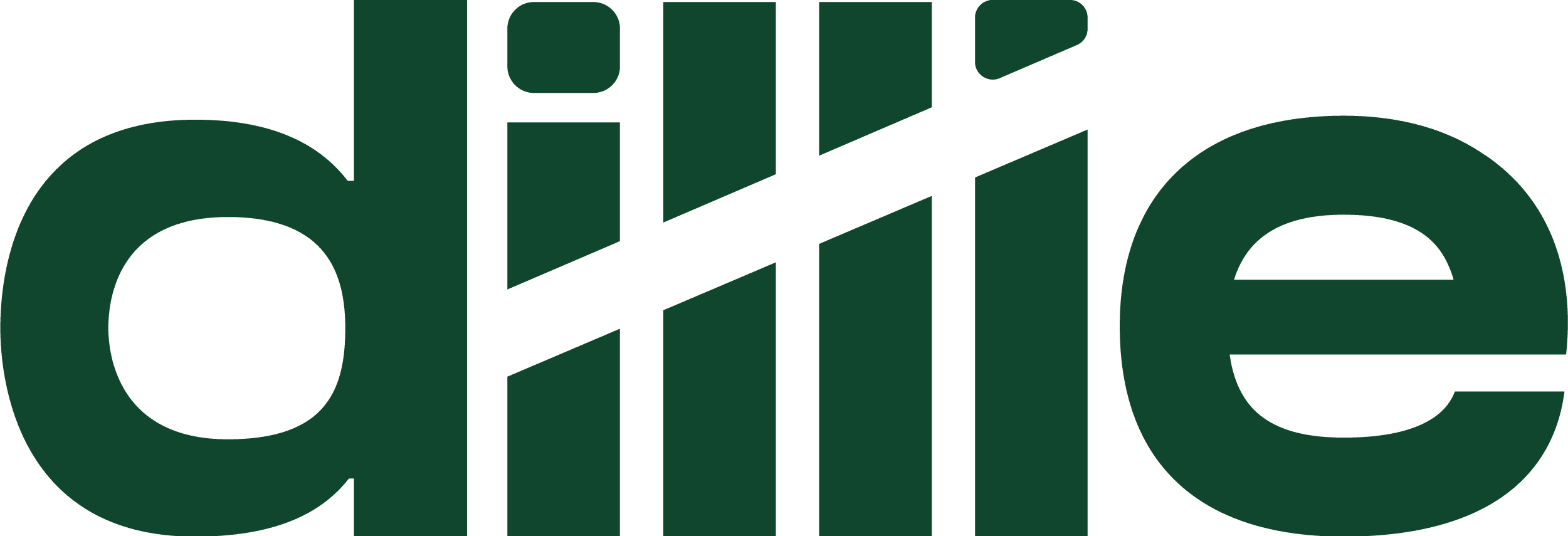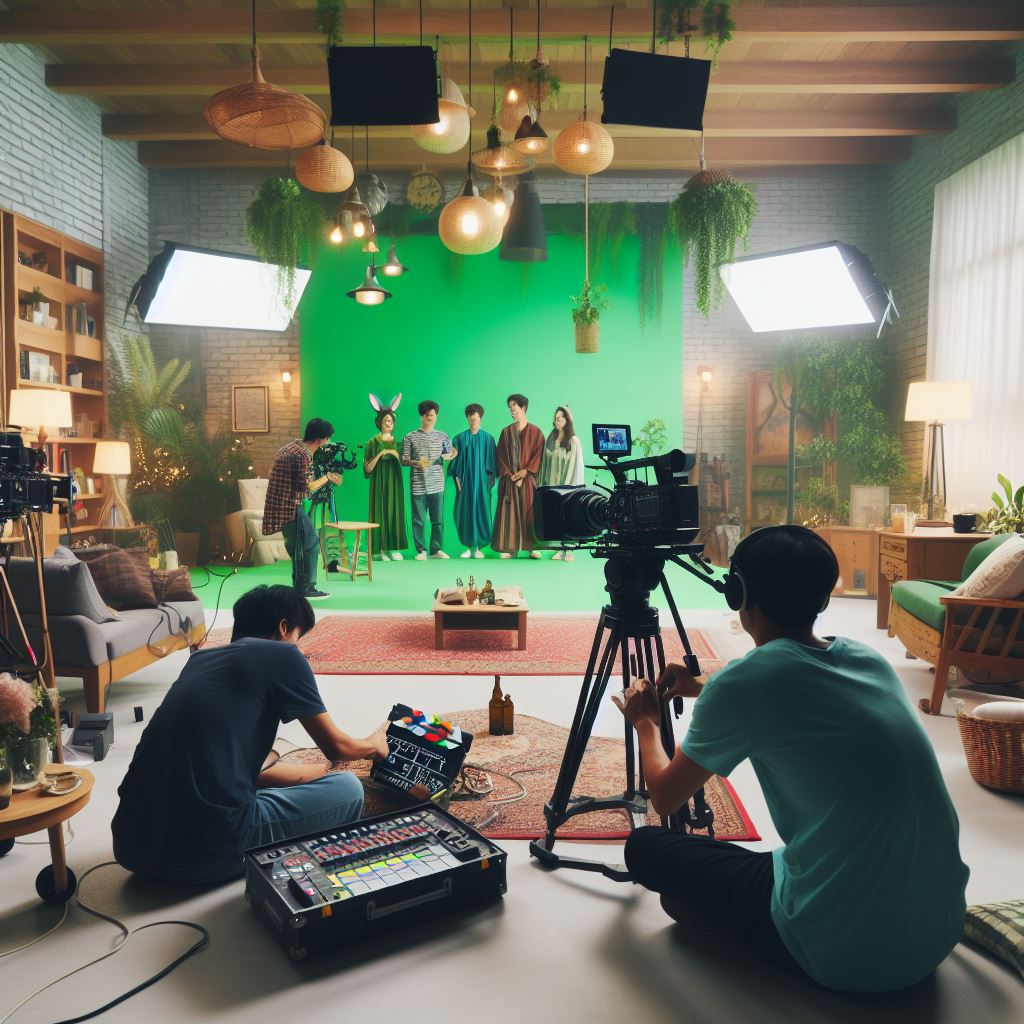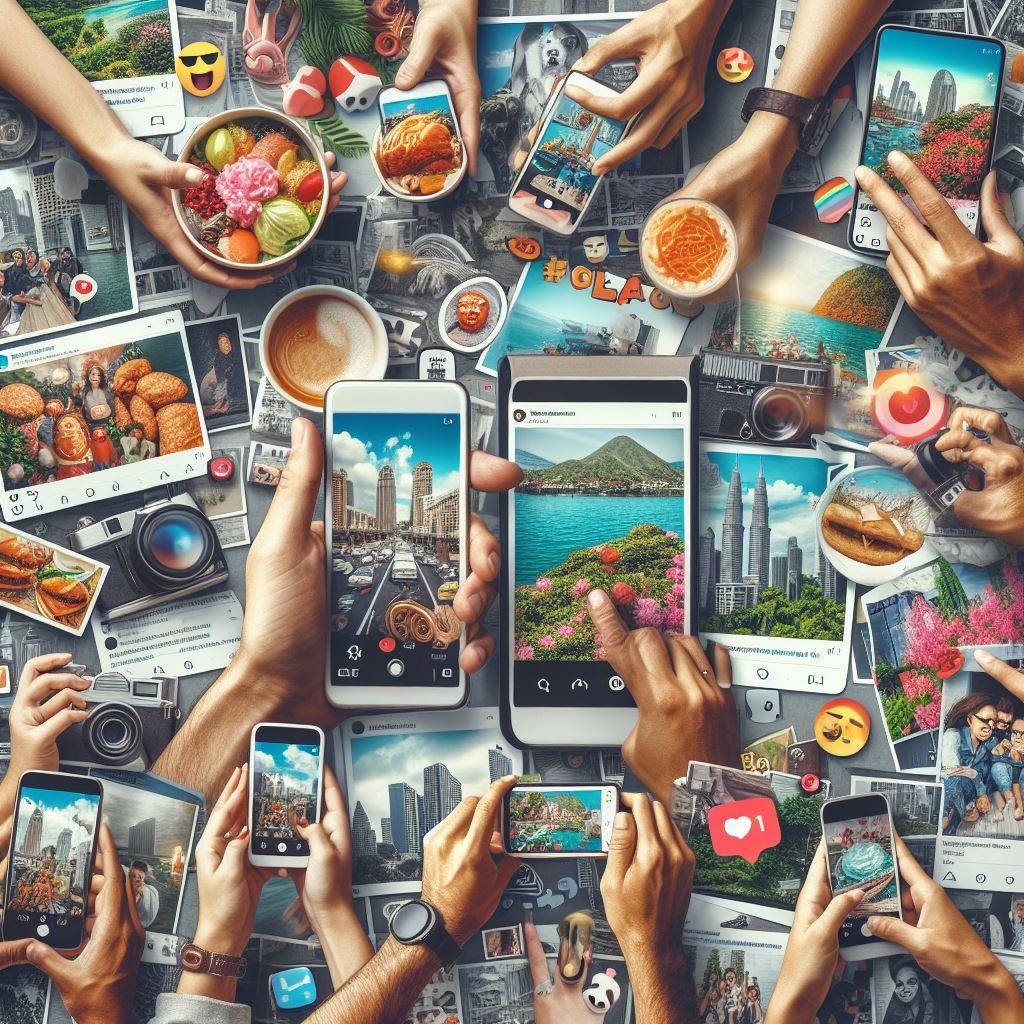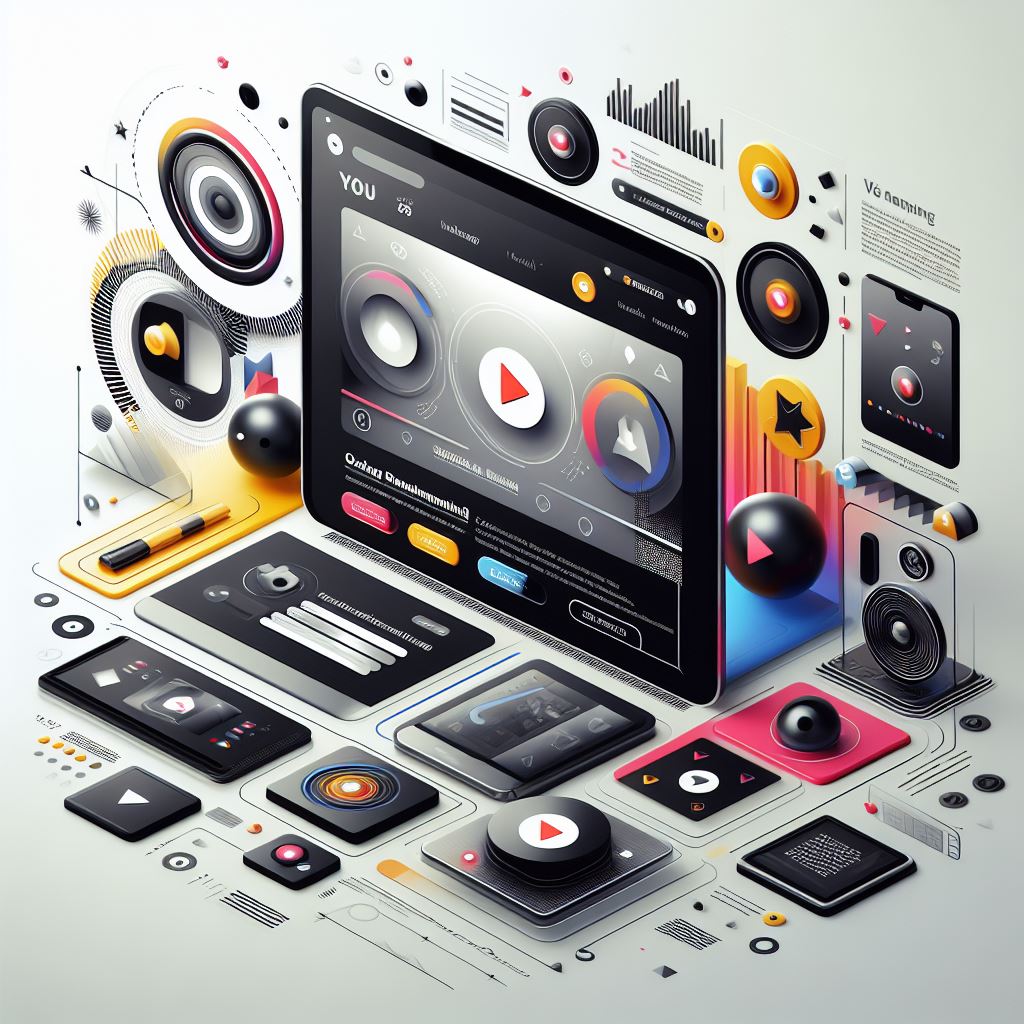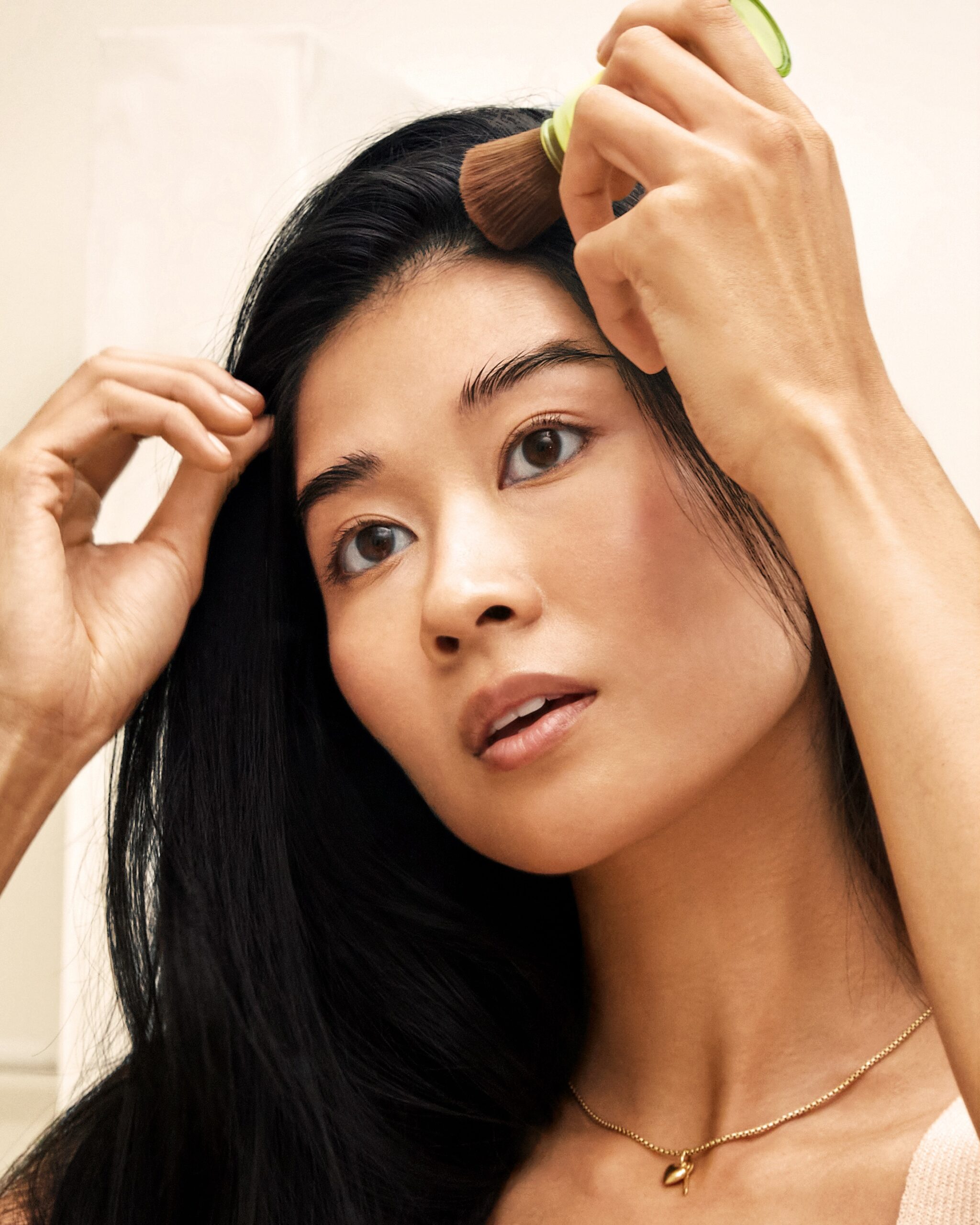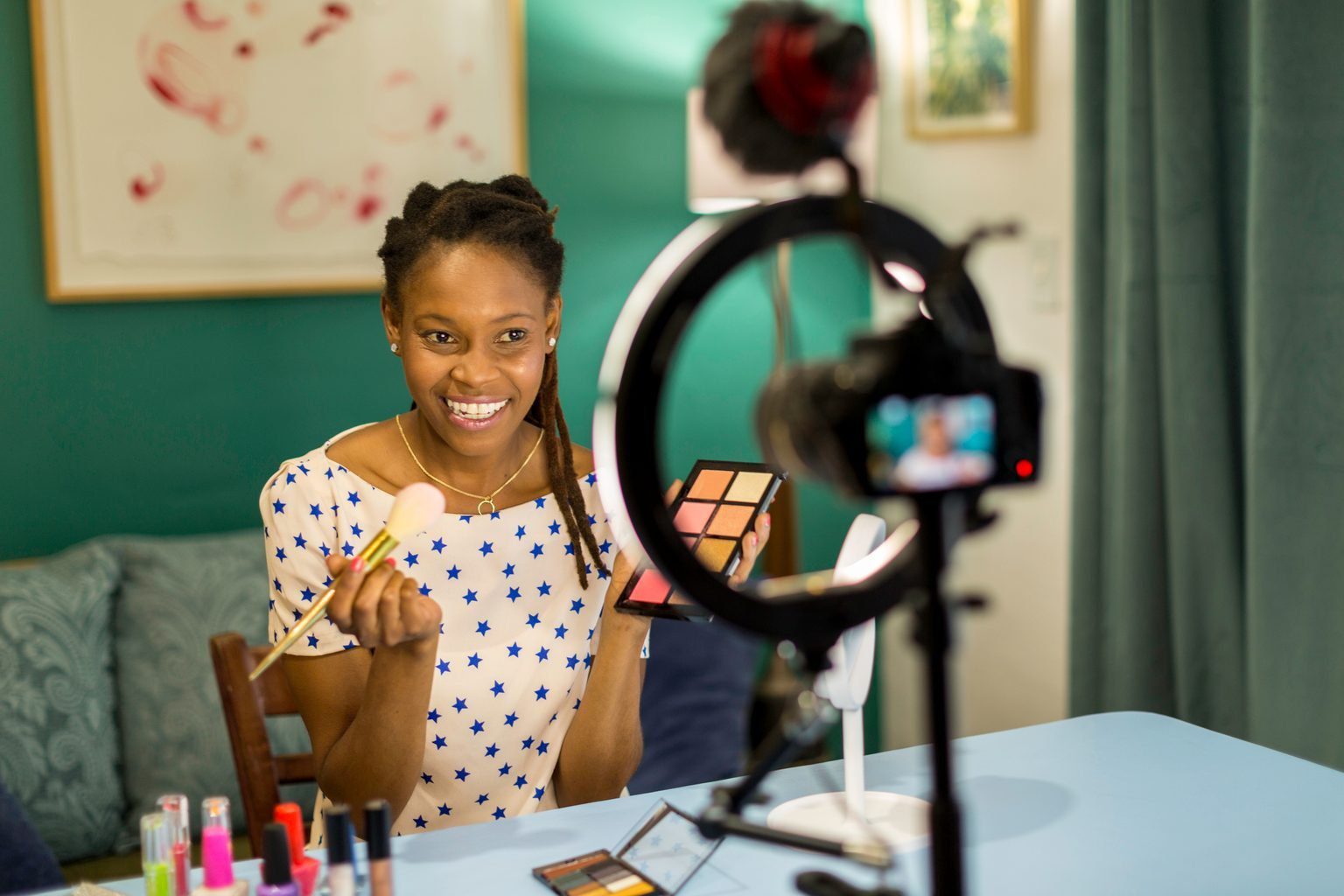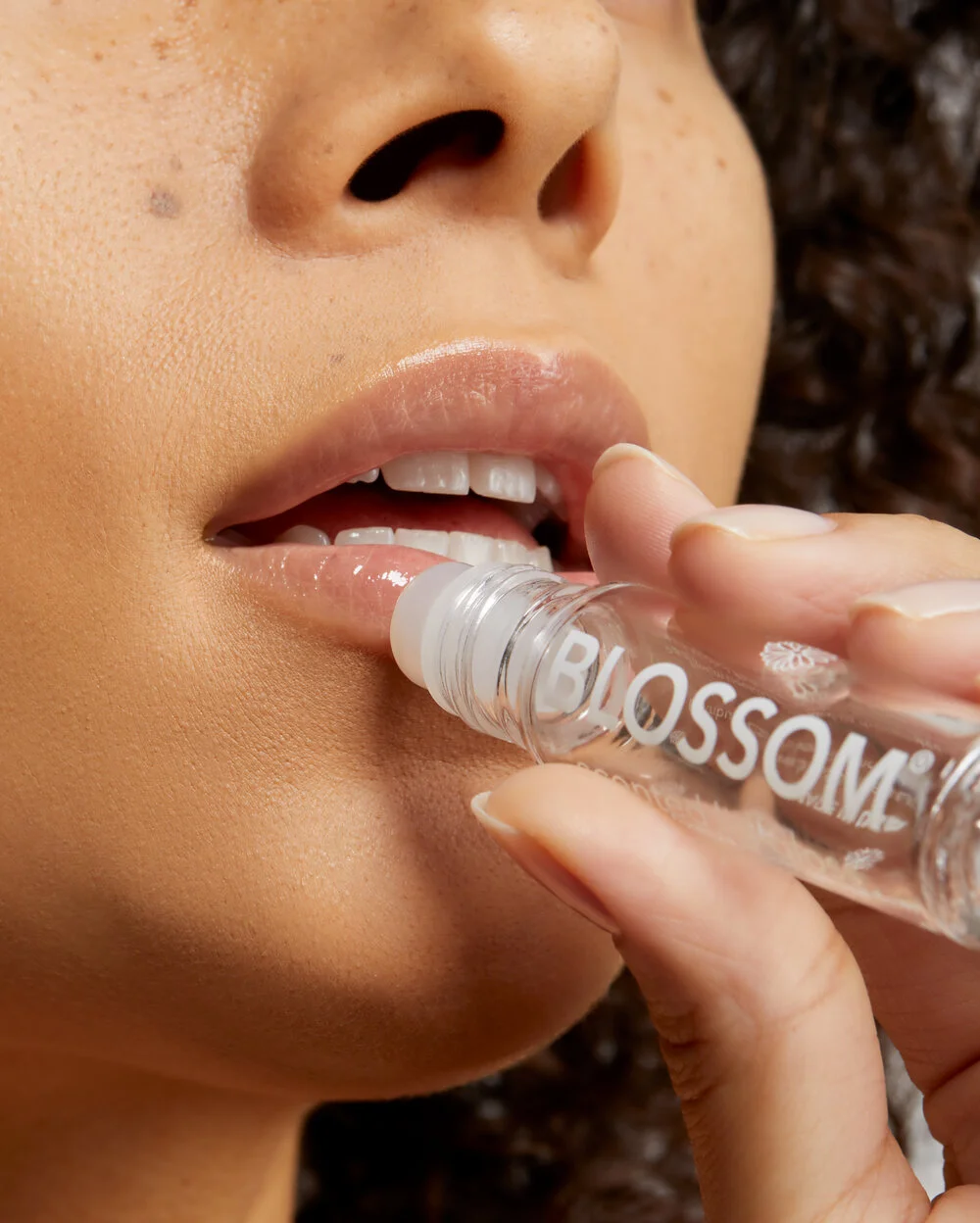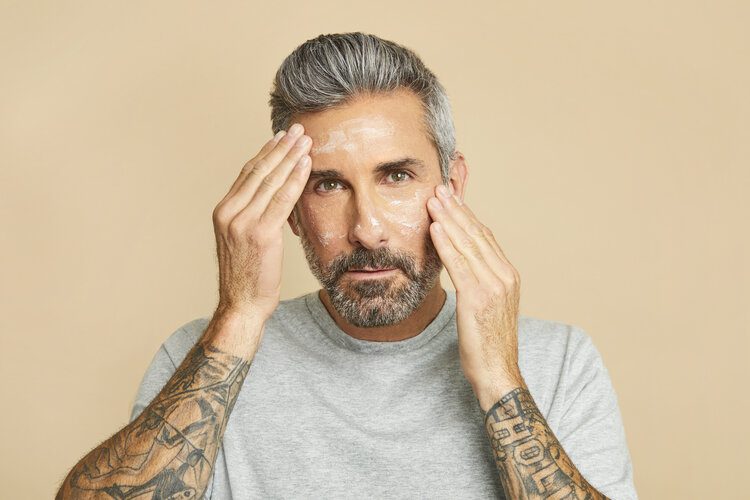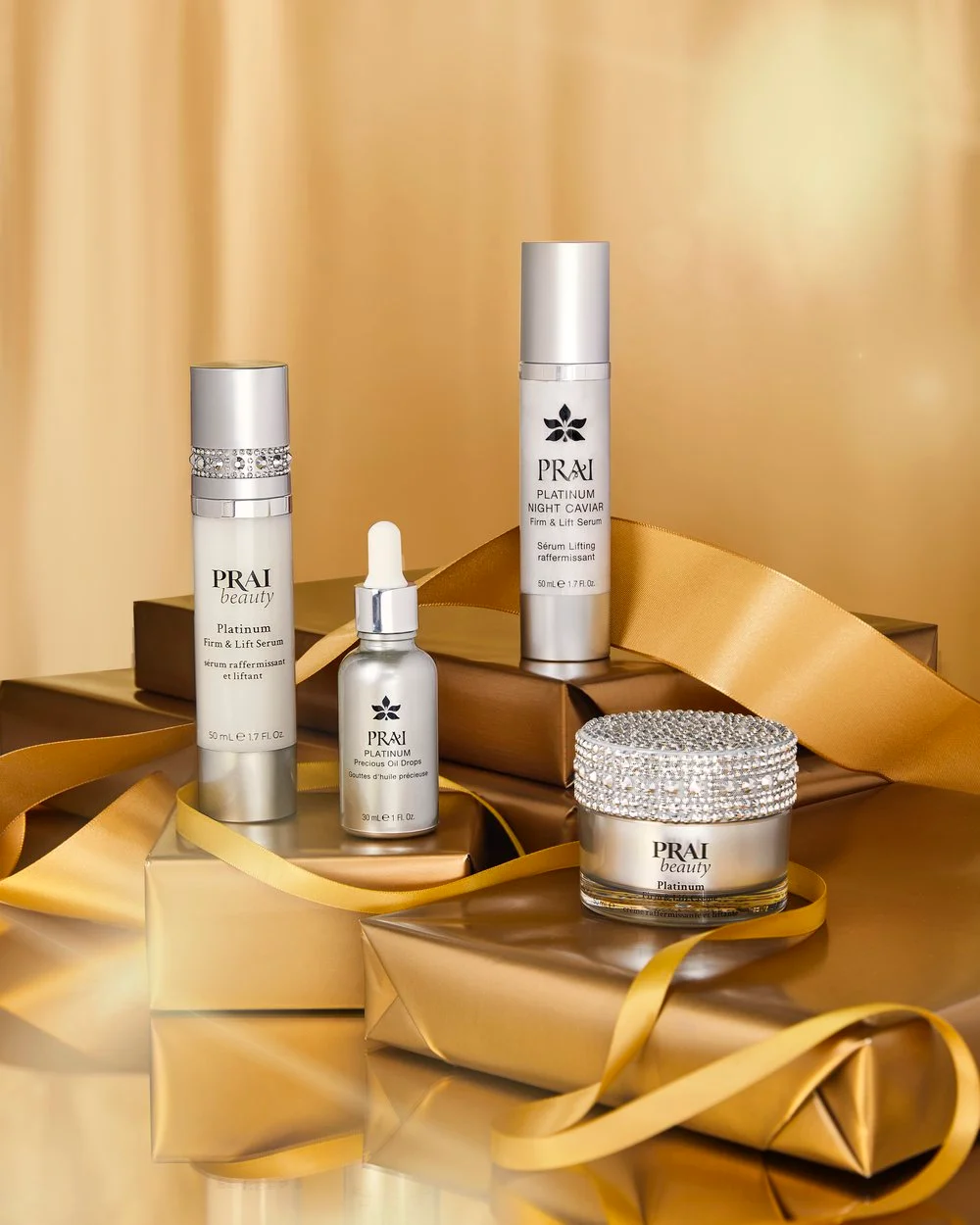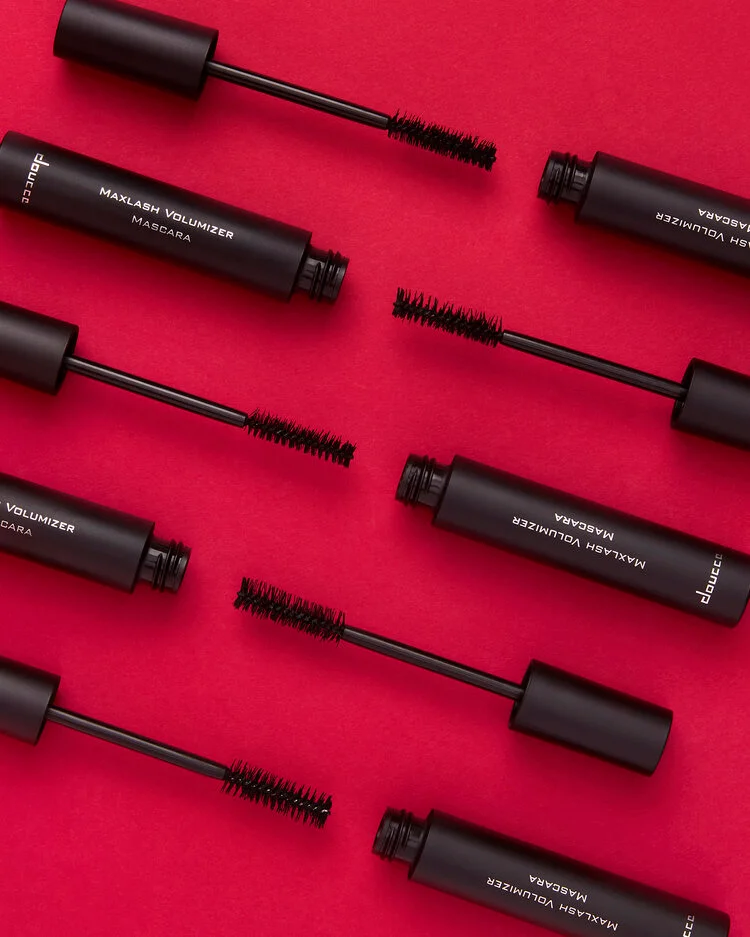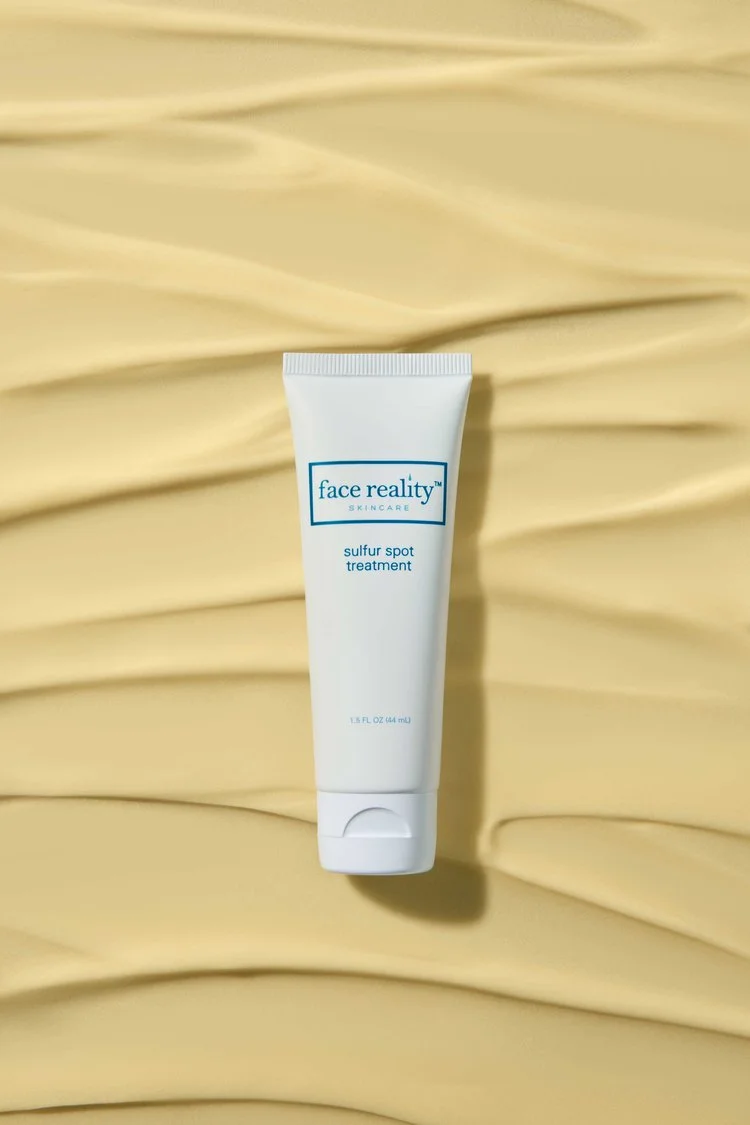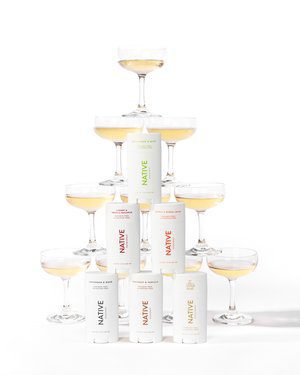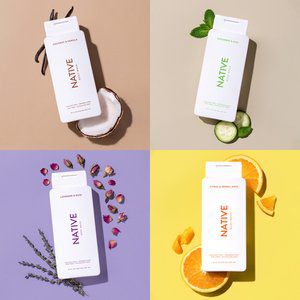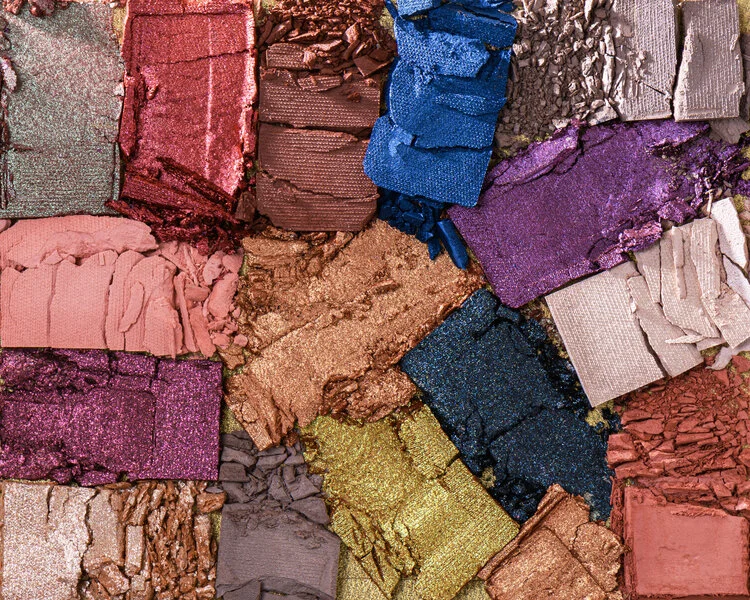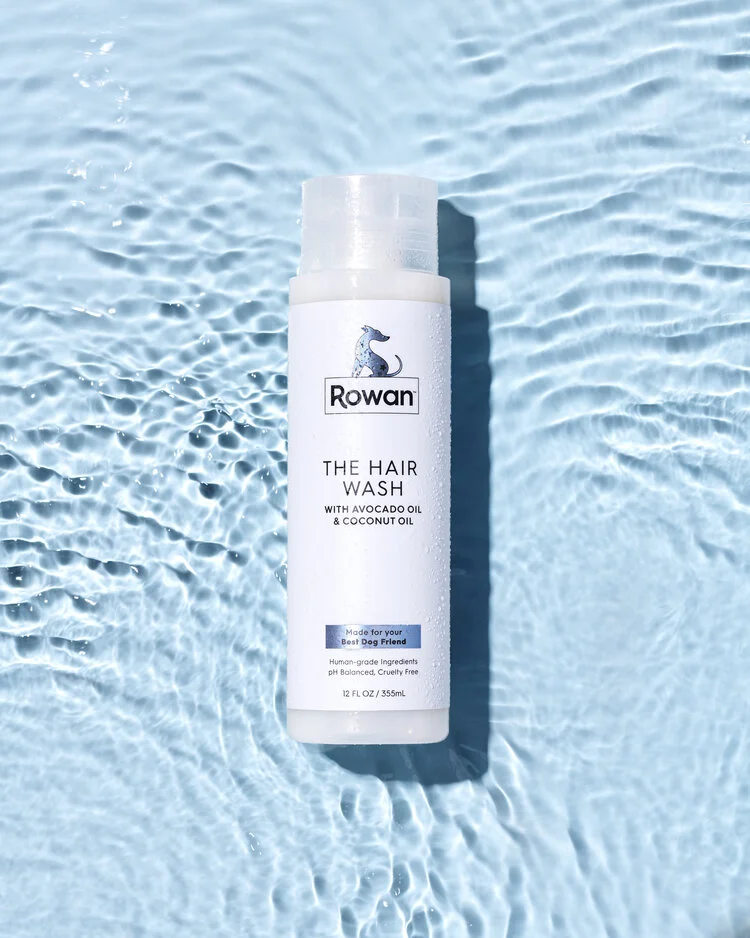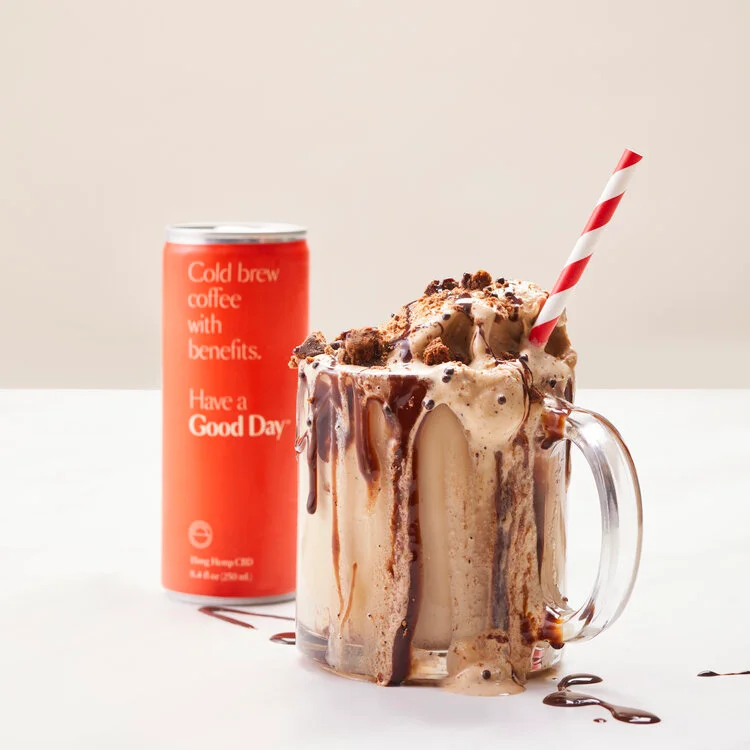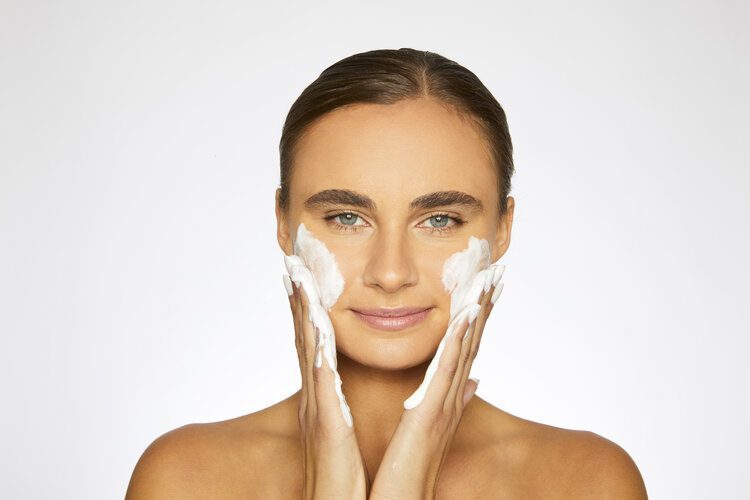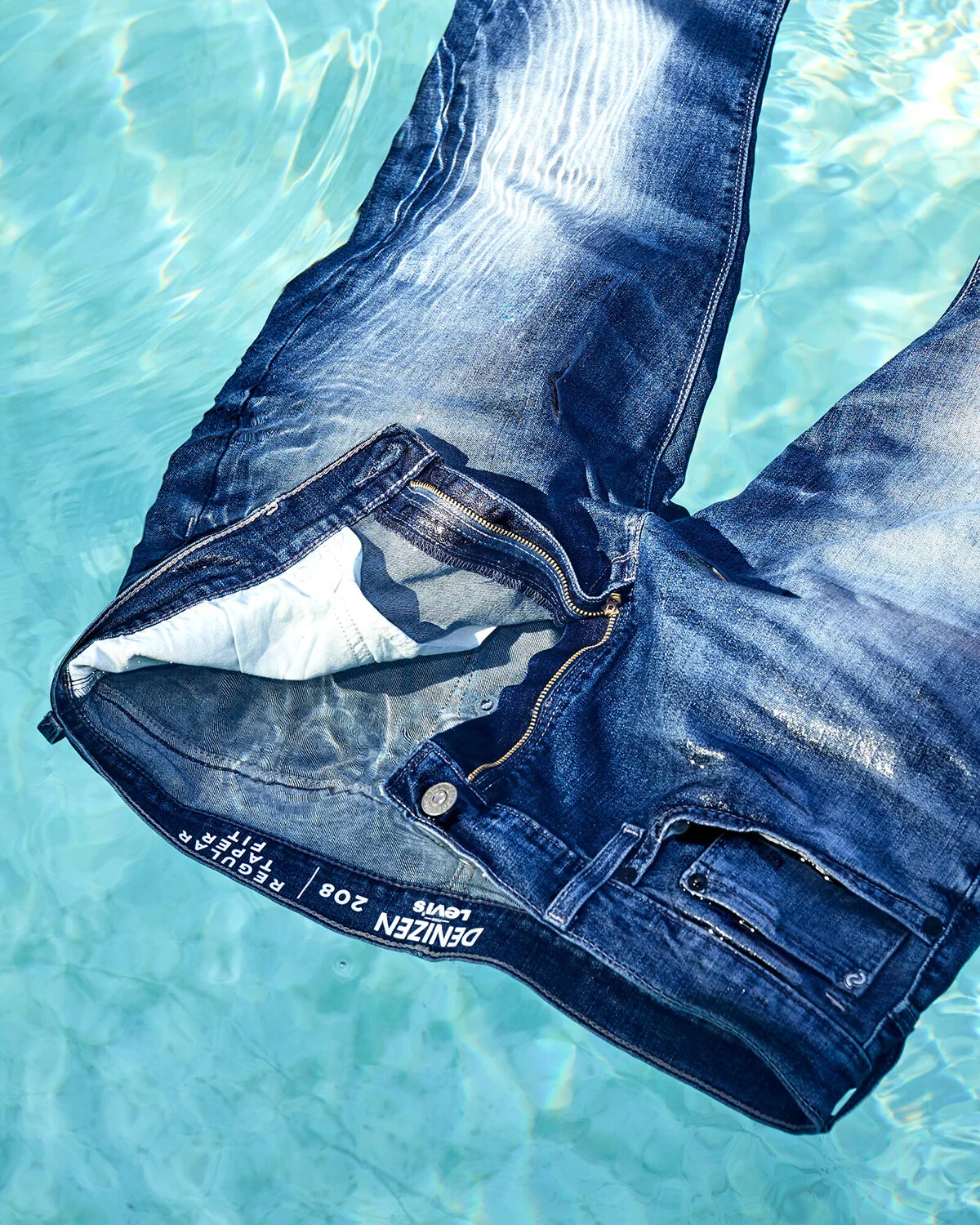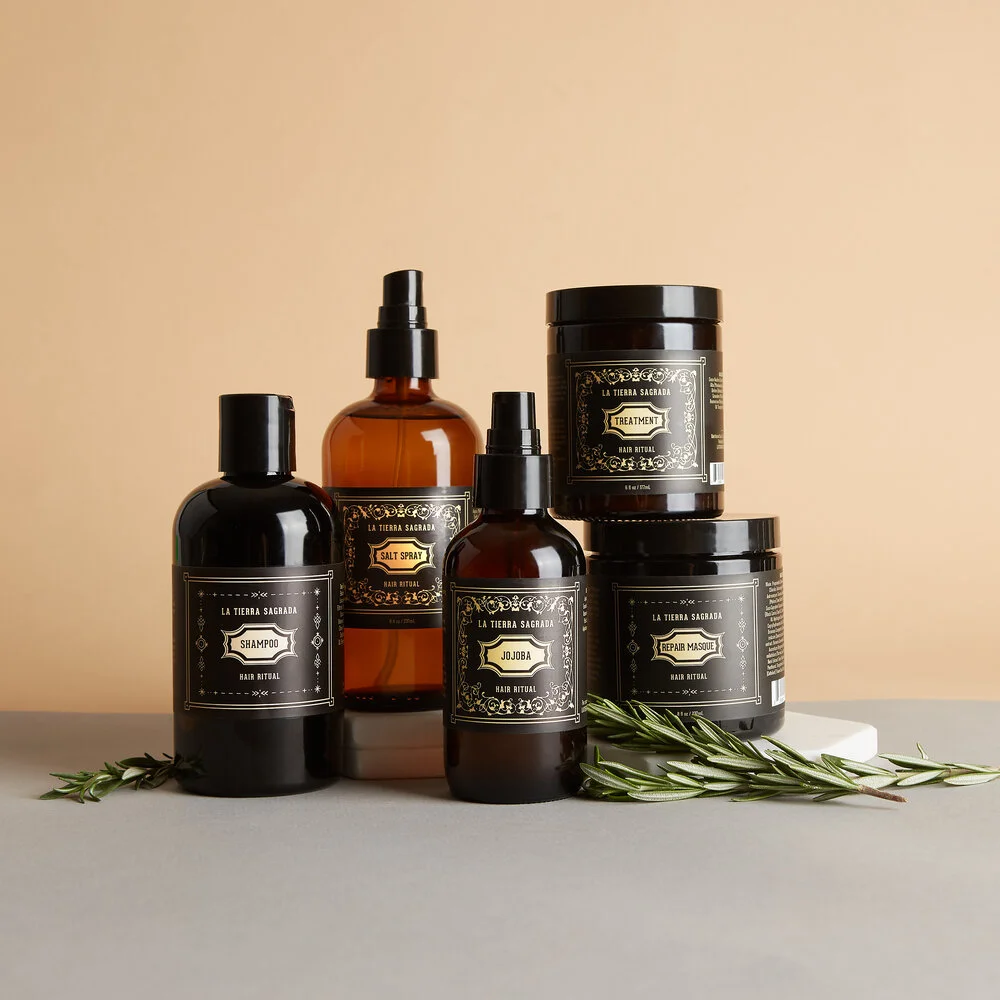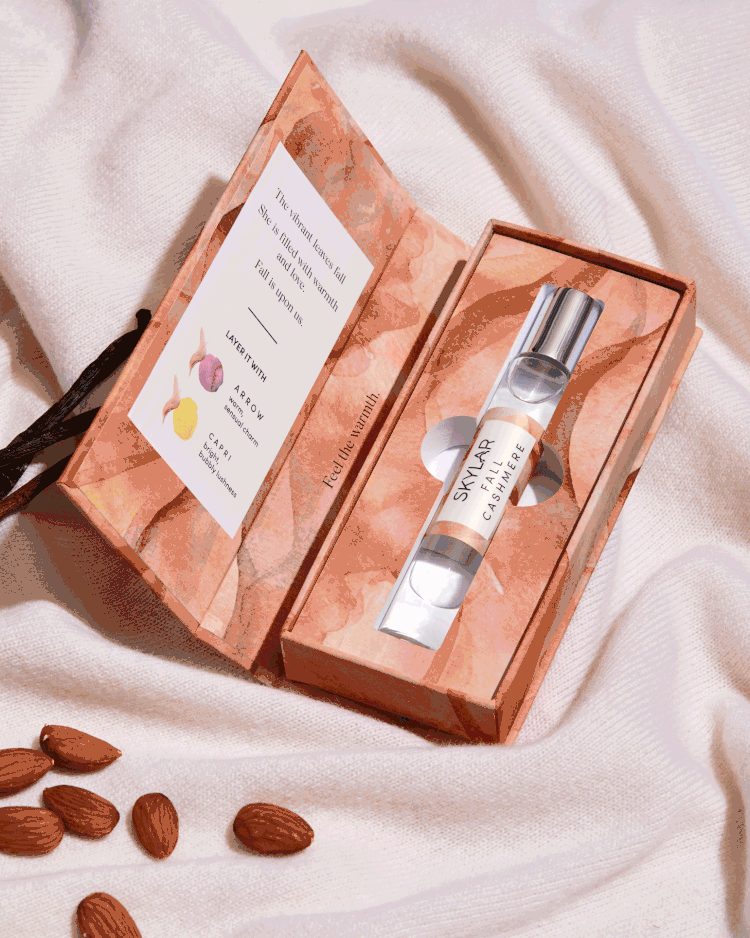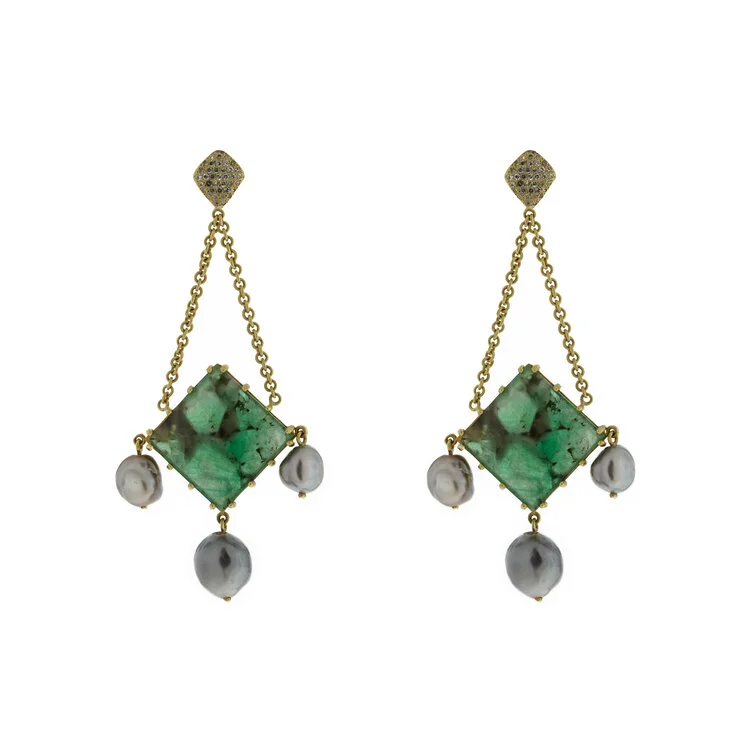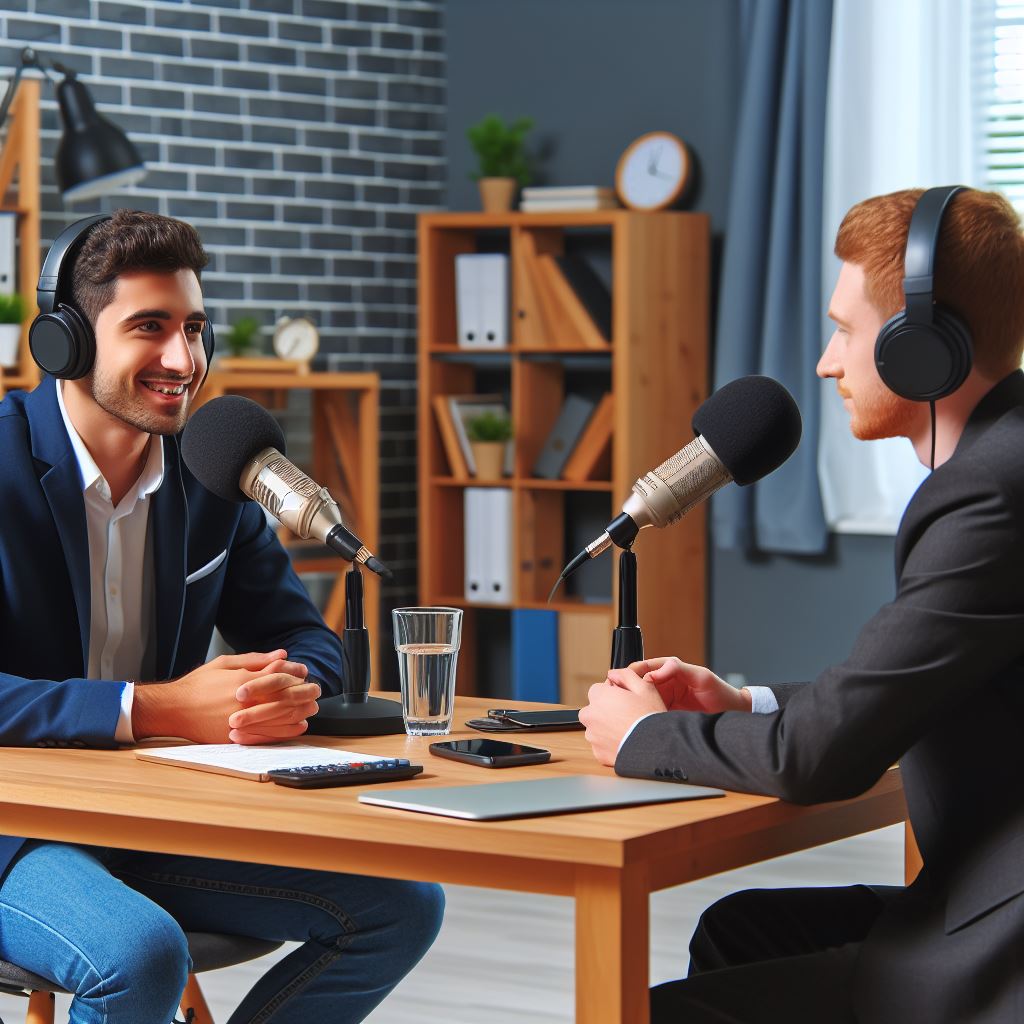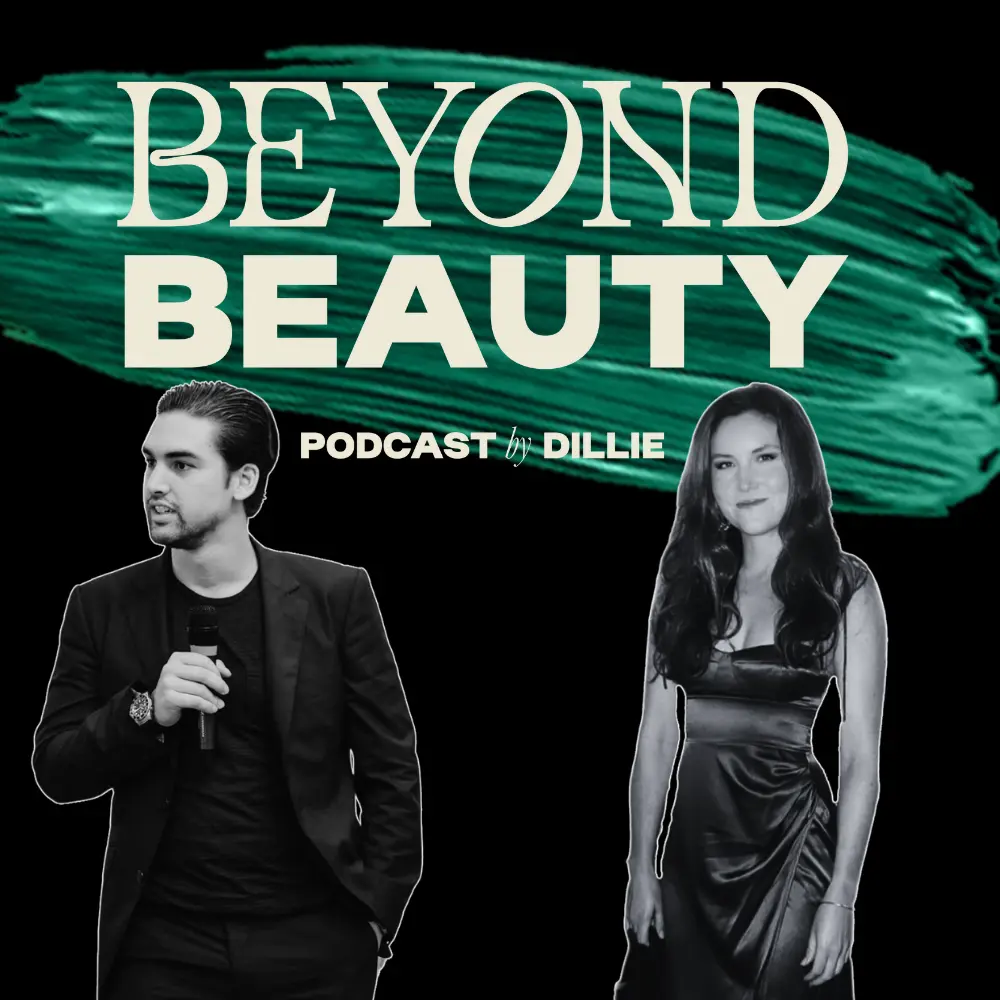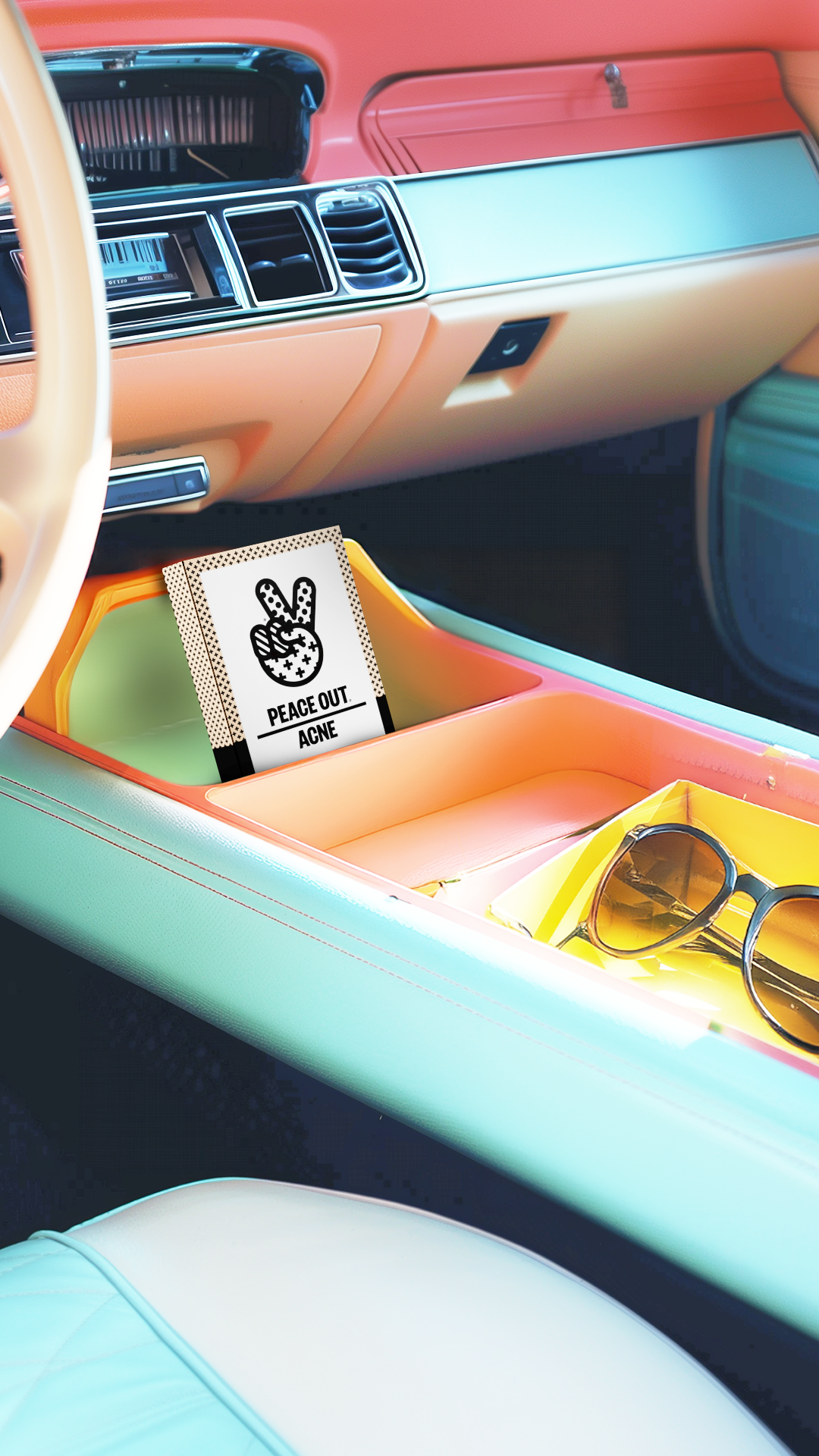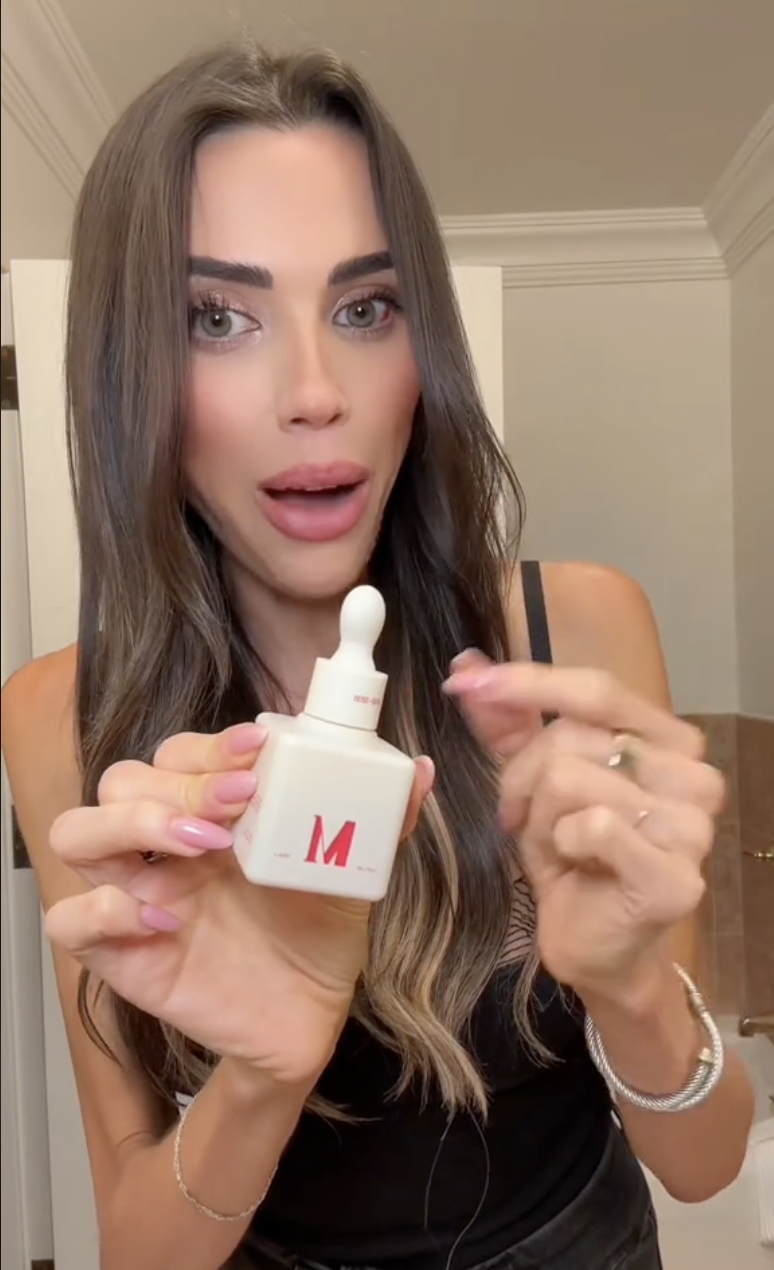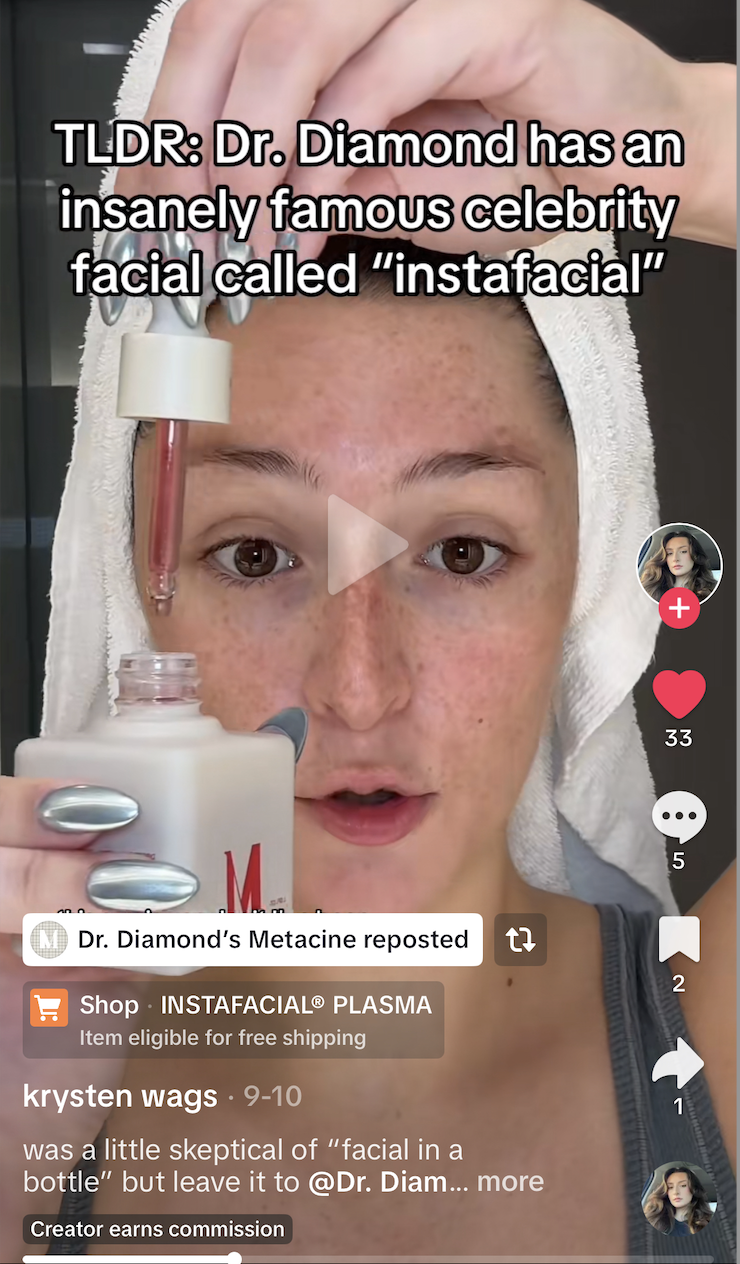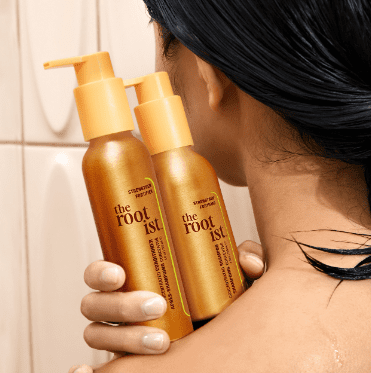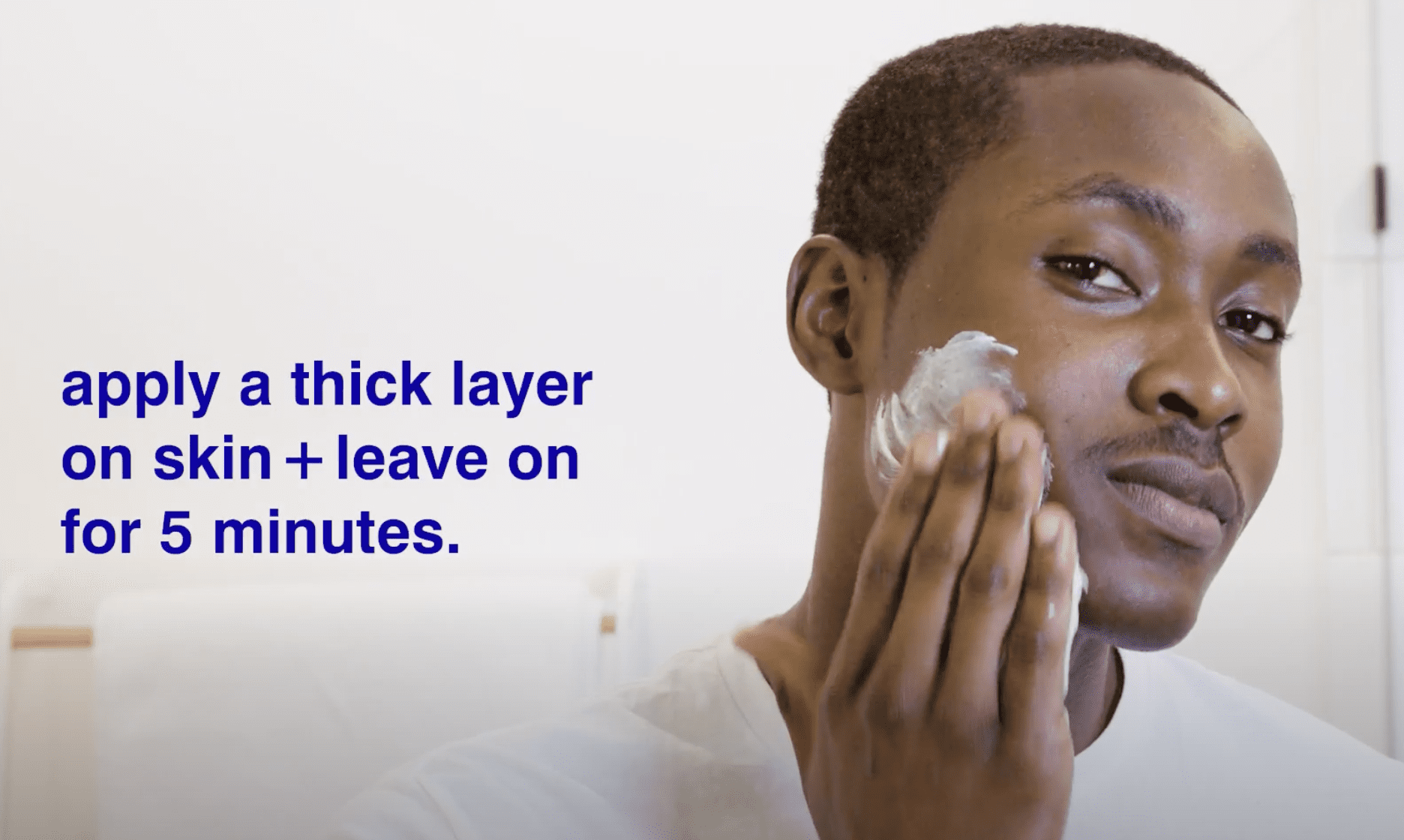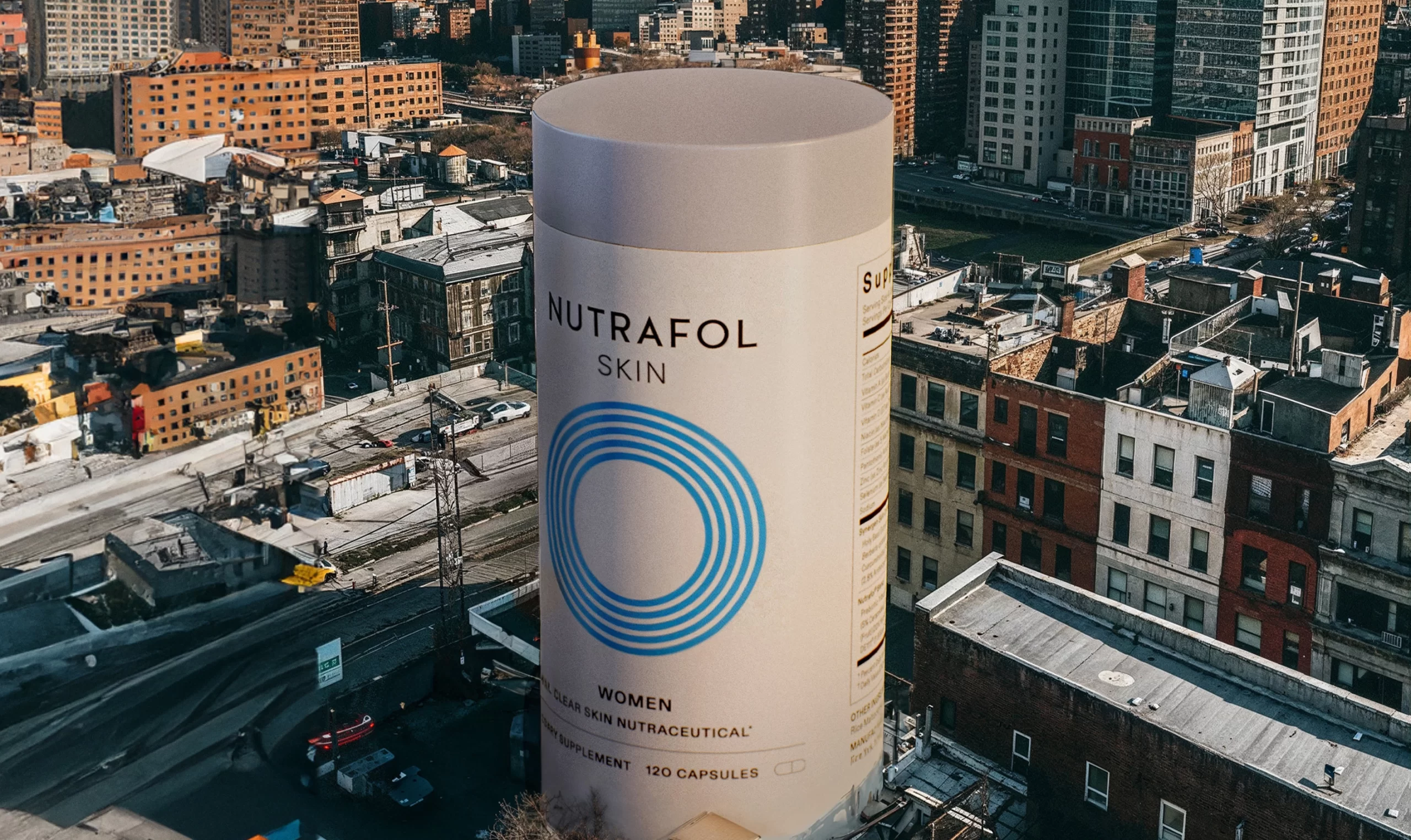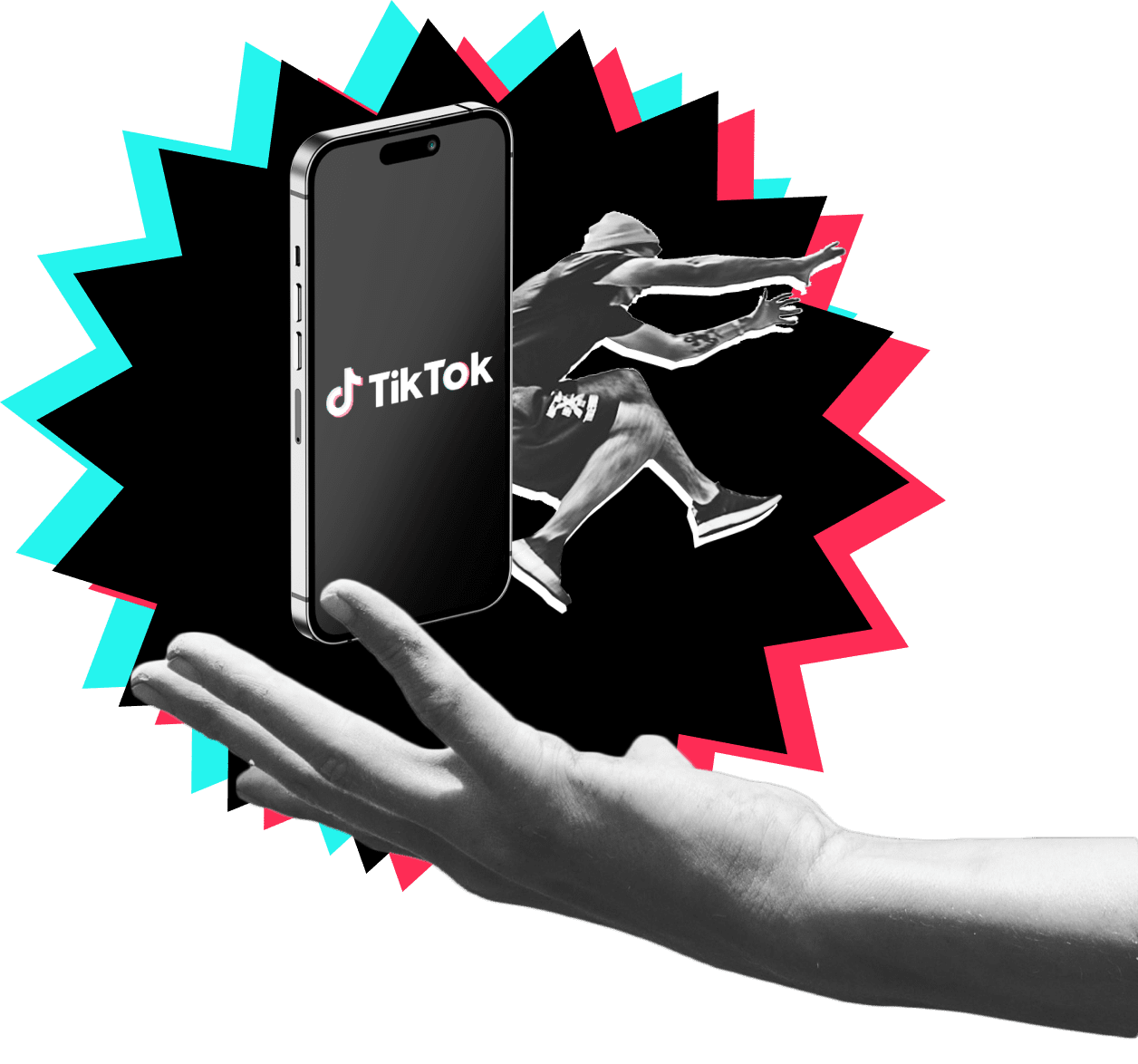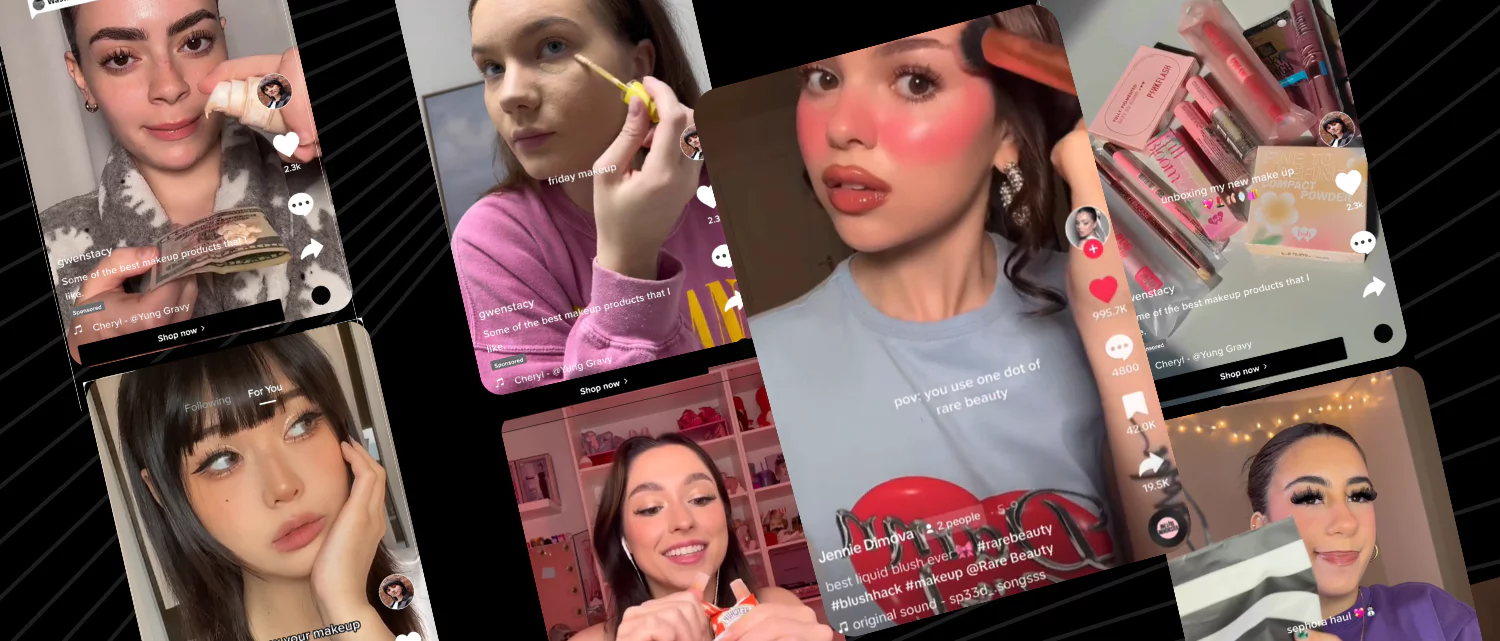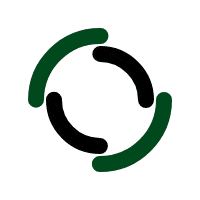In a recent episode of the Beyond Beauty Podcast, the host its down with Amanda Chantal Bacon, the visionary founder of Moon Juice, to discuss her entrepreneurial journey and the evolution of the wellness industry. This blog post delves into the key themes and insights from their conversation, offering valuable lessons for aspiring entrepreneurs and wellness enthusiasts alike.
Introduction to Amanda Chantal Bacon and Moon Juice
Amanda Chantal Bacon is a trailblazer in the wellness industry, known for founding Moon Juice in 2012. What began as a small juice shop in Venice, California, has grown into a global brand renowned for its adaptogenic supplements, skincare, and wellness products. Amanda’s journey is deeply personal, driven by her quest to manage an autoimmune condition through natural remedies. Her story is a testament to the power of intuition, resilience, and the importance of creating an emotional connection with consumers.
The Journey to Entrepreneurship
Amanda’s path to entrepreneurship was anything but conventional. Unlike many entrepreneurs who meticulously plan their ventures, Amanda’s journey was organic and intuitive. Her background in fine dining and journalism, combined with her personal health struggles, shaped her approach to creating Moon Juice. She emphasizes that the wellness industry as we know it today did not exist when she started, making her journey even more remarkable.
The Birth of Moon Juice
The idea for Moon Juice stemmed from Amanda’s desire to find natural remedies for her health issues. She began by experimenting with farm-to-table food and organic ingredients, which eventually led to the creation of her juice shop. Amanda recalls the early days of Moon Juice, where she pressed organic cold-pressed juices and made almond milk before these products became mainstream.
Consumer Education and Market Challenges
Educating consumers about wellness products in a market that was not yet receptive to such ideas was one of Amanda’s biggest challenges. In the early 2010s, concepts like adaptogens and gut health were not widely understood. Amanda highlights the importance of creating an educational environment for customers, where they could learn about the benefits of the products they were consuming.
The Significance of Intuition in Business
Throughout the conversation, Amanda emphasizes the role of intuition in her business decisions. Many of her successful products, such as “Sex Dust,” were born from her gut feelings rather than market research. She believes that while data is important, intuition and emotional connection to the brand are what truly resonate with consumers.
Building an Emotional Connection with Customers
Amanda reflects on the importance of storytelling in building a brand. She believes that consumers are more likely to connect with products that have a compelling narrative behind them. By sharing her personal journey and the story of Moon Juice, she has been able to foster a loyal customer base that feels emotionally invested in the brand.
Challenges and Successes
Amanda candidly addresses the challenges she has faced while building Moon Juice. From scaling the business to maintaining the brand’s core values, she reflects on the complexities of entrepreneurship. Amanda acknowledges that the journey is not always smooth, but she emphasizes the importance of resilience and adaptability in overcoming obstacles.
Advice for Aspiring Entrepreneurs
As the conversation progresses, Amanda shares valuable advice for aspiring entrepreneurs. She encourages them to embrace the unpredictability of their journey and to focus on creating meaningful connections with their customers. Amanda also highlights the importance of mentorship and learning from others in the industry.
Conclusion
This episode of the Beyond Beauty Podcast offers a deep dive into the world of wellness entrepreneurship through the lens of Amanda Chantal Bacon’s journey with Moon Juice. Her insights into the evolution of the industry, the importance of consumer education, and the role of intuition in business provide valuable lessons for anyone looking to navigate the complexities of building a brand in today’s market. Amanda’s story serves as an inspiration, emphasizing the power of intuition, storytelling, and resilience in entrepreneurship.
By following Amanda’s example, aspiring entrepreneurs can learn to trust their intuition, educate their consumers, and build emotional connections that foster loyalty and long-term success.
Podcast Transcript
Speaker 1 00:00:01 Welcome to the Beyond Beauty podcast, a platform to highlight the beauty industry’s talent, deconstruct their learnings and spark ideas for your own business. The Beyond Beauty podcast is created by Dillie, the leading creative agency working with the fastest growing brands and beauty. Here, we’ll interview guests from major beauty corporations, creative directors, influencers, founders and risk taking entrepreneurs. Our guests are not only changing the traditional beauty landscape, they are also innovating in ecommerce, branding and digital marketing. Join us as they share valuable advice, how they launch their businesses and most importantly, ignite thought provoking conversations across beauty, tech and marketing. Hi everyone! We’re so excited to have Amanda Bacon, founder of Moon Juice, on the Beyond Beauty podcast. So Amanda, thanks so much for coming out on the podcast today. Thanks for having me
Speaker 1 00:00:56 I dive into Amanda’s bio. Amanda Chantal Bacon is the founder of Moon Juice, a wellness brand that helps more than 1 million women manage stress. Born from her experience of putting an autoimmune condition into remission, Bacon opened Moon Juice in 2012 as a juice shop in Venice, California.
Speaker 1 00:01:13 Over a decade later, Moon Juice has grown as a global source for minerals, mushrooms, adaptogenic supplements and skincare, with retail partners including Sephora and Erewhon and international stockists across Australia, Canada, the Middle East and the United Kingdom. Bacon is the author of The Moon Juice Cookbook and the Moon Juice Manual, and has been featured in The New York Times, Wall Street Journal, Forbes, and Vogue. Amanda, thanks so much for coming on to the podcast today. Let’s take it back to how it all started. When did you realize that either one you wanted to become an entrepreneur or dive into the world of beauty, personal care, wellness? I know there’s so merging right now, so take it back to the beginning. Never.
Speaker 2 00:01:54 And this is always like an underwhelming answer that I have to keep giving for over a decade. But I think we live in this world now. It’s a very digitally driven, entrepreneurial, dusty world. And so most people come to their careers at this point with an idea, an appropriate resume for that idea, identifying white space.
Speaker 2 00:02:20 They go out, they do a seed round, there’s a fancy pitch deck put together. They’ve thawed out the whole company. They’ve thought out an exit strategy. They align with the right team. Like all of that sounds. Bravo. If you’re doing that sounds fantastic. That is not my story. I have a really organic journey that’s taken me to this point, and by no means was it identifying white space, even entering an industry. It could really argue that 13 years ago there wasn’t a wellness industry, the wellness industry that we call it today. So I’m a bit of an odd tale. I love it, so I’ll have hopefully some helpful answers in there. Some hope for people that feel like they don’t have it all figured out and don’t know all the answers. Yeah, but I’ve got an interesting path.
Speaker 1 00:03:13 I love it. So when you’re like, how did your career journey start? What were you doing before Moon Juice? And what was that moment where you said, I need to start making supplements or get into wellness, or use ingredients that maybe mainstream companies aren’t talking about? I think right now, like you said, 12, 15 years ago, there really was no wellness industry.
Speaker 1 00:03:30 Yes, there are maybe personal trainers and people talking about how much water we should drink and people are getting into yoga, but it was such a different world back then. Let’s go back to your career before Moon Juice, and also that pivotal moment of when you said, I’m going to launch something, even if it wasn’t as, like you said, so much of a white space pitch moment talking to an investor, typical standard entrepreneurial route.
Speaker 2 00:03:52 So actually I have a background in fine dining, working in the kitchen, cooking. And then I also have a background in journalism and doing editorial work and food styling. I can think about all of the lessons that were garnered there. My mom was an entrepreneur. As I’m getting later in life, I think I have more appreciation for that and the model that was put out there, I don’t think we should ever sat me down and had a talk about, this is how it’s done. But I think you absorb so much with the environment that you’re in. And I can look back.
Speaker 2 00:04:27 I think my grandmother really had an entrepreneurial spirit as well. So I think I was swimming in that sea and really just following what felt intuitive as next steps. For me. The Birth of Moon Juice really was a culmination of my own personal experience getting an autoimmune condition, figuring out ways to put that into remission. When I was told by allopathic medicine that that would not be possible. So it was a combination of those lifestyle changes that I made, those ingredients that I was using married with probably some either it’s in my DNA or it was in my nurturing, some entrepreneurial attitude. Just know how with plants that really came from the kitchen. So it started with like farm to table food, and that’s really turned into sourcing incredible plants from all over the world, not just the farmers market. Yeah.
Speaker 1 00:05:24 So did it start? I know you were saying it started with farm to table food, but did you what was your first like sellable a consumer good supplement that. And what did you test out? Different names either for your company or for the supplements.
Speaker 1 00:05:37 And were you selling it direct to consumers? Was it out of a shop where you’re working with retailers?
Speaker 2 00:05:41 I opened up a tiny shop in Venice, California, and.
Speaker 1 00:05:46 It’s still the same location on Rose Street. Or was it a different location?
Speaker 2 00:05:48 507 Rose Ave. We’re still there. It was a very different Venice in 2011 when we first opened. so it was a tiny juice shop, and I was pressing organic cold pressed juice before cold pressed juice was the thing. I was making fresh almond milk. And this was before California. This was before nut milk. Alternative dairies. Like what? That being a whole industry, people would ask me what is almond milk? I’ve never heard of almond milk. What is that? So you need to set the scene where we were in 2011 and doing like.
Speaker 1 00:06:25 In so many different ways.
Speaker 2 00:06:26 So many different ways. It was Instagram had just started. I actually thought when the when Moon Juice first open, I thought that Instagram was like a photography filter app for my personal use.
Speaker 1 00:06:41 It was in so many ways it was.
Speaker 2 00:06:43 It took me a minute to realize other people can see these photos. So the world has changed so much, but Moon Juice really does have very humble, very organic beginnings.
Speaker 1 00:06:54 So what were your first interactions with clients about where people wowed by this? Or did you like meet people? I know Venice has a really different culture than the rest of the country. Even so, today I would argue were you like finding people that were looking for ways to heal, either through a similar situation with an autoimmune disorder or they just want to feel healthier. It’s like post-workout recovery, or maybe it’s brain fog, or they’re like in a postpartum state, or like highly stressed cortisol spiking or like, what were those?
Speaker 2 00:07:25 Nobody was thinking that way in 2011, 2012, people were not coming in saying, I have brain fog. I my cortisol is spiking, I’m postpartum. I’m really nurturing that. Like our mindset as a collective was so different back then that people were just coming in because, like, the titles were cool.
Speaker 2 00:07:47 They came from Morocco. We had some interesting cacti in the front. Moon juice. What does that mean? People would come in friendly staff. I was always there, so it was really an educational experience for most. And then they’d come in and it’s, hey, that smoothie was pretty good. I don’t know what you put in it, but I feel pretty good. And it tasted good. And then we had people that were really hooked. So immediately we had regulars that were coming back, and there’s a guy that’s still with us today, and he was coming in 2 to 3 times a day.
Speaker 1 00:08:19 Oh my gosh, wow. He’s dedicated. But it’s like what you go back to. It’s you always remember how something makes you feel right. It’s something that if you leave and you’re like, okay, I have more energy, or maybe I feel calmer or I’m sleeping better or I feel like myself again, you’re going to go back to that, right? It’s that feeling of either how a person makes you feel, or a supplement or juice or smoothie makes you feel.
Speaker 1 00:08:42 So when you’re coming down to the moon juice, how did you develop the name of moon Juice? Where did it come from? And did you try out different names? Was it something that just popped into your mind one day? It’s such a fun and catchy name.
Speaker 2 00:08:53 It was definitely something that just popped into my mind one day and that that’s been the years into business. I really look around and see how the business world and brands don’t work that way. And so I’m so grateful for my first decade, we could say, of business where it was all intuitive. There was not I was not doing market research. I was not a B testing anything. It was intuitive what felt right, what was interesting to me, what felt exciting to me. And I would say that there’s still part of the company that’s like that. I have a team, and I’ve built a team of other people that I trust, and I trust their intuition, but I think that’s always going to be the secret sauce in a brand, in a business is intuition.
Speaker 2 00:09:42 And there’s data and we love data and that’s great. And you need that, especially as you become a larger company to help drive decisions. And when you’re working with a larger group. But I’ll never I don’t think anyone should ever discredit intuition.
Speaker 1 00:09:58 And it’s also like the story behind it and that emotional connection. I think so many times I heavily relate to what you’re saying. I think there’s so many times that someone will come and say, I’m looking at the data like maybe they’re a consultant and they’re looking at the consumer sector and they’re like, wow, look at these products. Look how they’re growing. Look, they’re margins, and they’re going to start a product to get into that space. But what is the story? Why are they starting that product? Like why are they starting either a supplement company or if it’s like a certain like almond butter bar or like you said, an almond milk earlier, like, why are people starting these companies and what is that emotional connection and what are they doing to try and help people? And I think so much of it is coming in through data first and intuition second.
Speaker 1 00:10:36 But with moon juice, it’s really coming from that organic connection and intuition of and if you can tell that story, that’s how you can separate your products from everyone else. So I think to your credit, that’s what made Moon Juice so strong.
Speaker 2 00:10:49 And I think it’s what it’s what’s made as a leader in the space. And so not everyone has to be a leader in that. In industries you have certain companies, certain people that come in and they really are just going off their intuition or they’re going off. This is something I want to see in the world, and I have no data to support that. I just have a gut feeling that says we need to do this. Whether it works or doesn’t work. I need to do this. Yeah. And then you have an industry that really builds around that, right? Who was the first person to make mascara?
Speaker 1 00:11:24 That’s a great question.
Speaker 2 00:11:26 To support that. And I think about now, if I had gone to a board of advisors and hired people, and even now, today in my company, if I were to pitch something like sex dust to my company now, nobody would go for that.
Speaker 2 00:11:43 Absolutely. Don’t call it sex dust. You’ll be shadow banned for saying that you can’t say that word. You’re really going to offend people Definitely don’t do this formula. This formula tastes weird. Americans aren’t going to be able to handle it. Like mixing a powder into a drink is like, not intuitive. Nobody has that habit. So I really look at some of our greatest successes. Or contrary to data or no data exists.
Speaker 1 00:12:10 I love that, and that’s something that it’s so true, right? I can see people saying, look at all the different ways of like how we’re going to shoot this down. And there’s always two different types of people. It’s people that we’re always going to have, like issues or contradictory moments in the world. And there’s two types of people. It’s one person’s going to look at it. That’s a challenge. It’s never going to happen. It’s never going to work another one. People are like, that’s an opportunity. Let’s leverage this and let’s use it in a new way.
Speaker 1 00:12:31 Like you were saying, like mixing powder into a drink. Yes. Most people are probably like, I’m on the go. I want a capsule. I’m gonna use my plastic water bottle to drink it. But you’re like, what about the routine of mixing in a powder with liquid and maybe making it like an evening routine or a morning routine? And how that could maybe just change the game for some people, or maybe it’s more enjoyable to take. And yes they’re not familiar with it, but hey, it’s something new and it’s worth trying. And if it works for other people, it might work for them as well. So that’s an interesting angle there. But in terms of educating the market. So a lot of times, like you said, there’s a leader people follow. They either make something that’s a luxury version or they are heavily discounted and they’re going after the value proposition. But then the first to the market people that are really early on, they have to educate a market which is really tough.
Speaker 1 00:13:20 And maybe you’re not out there saying like spelling it out of what works, but how do you get people interested in something that’s such a new way of life or a new routine? And I think of myself back in 2010, 2011, 2012, supplements. Definitely. People weren’t talking about them like they are today. And even just like how people would look at Erewhon, I know Moon Juice has sold there too is that was a completely different world. I would say even in 2019, it was a completely different world than it is today. So how do you educate a market or get them to organically become interested in something that’s so outside their comfort zone.
Speaker 2 00:13:56 Yeah, it’s hard, and it’s what I do every day. It’s what we do is a company every day. It’s what we’ve done every day for 13 years. And so there’s a lot of there’s a lot of moon juice. There’s a lot of my journey as an entrepreneur, journey as a brand where if I look at it and in hindsight, I’m like, don’t do it.
Speaker 2 00:14:22 I just don’t do it. You’re like pushing too many boulders up the hill. It’s working. I’m here. We’re still going. It’s definitely working. It’s hard. It’s hard getting consumers to think differently, to learn new things, to adopt new habits. Again, going back to there’s part of my brain that understands how business works so much more now. And so I’d look and say, hey Maybe don’t start a company where it’s like so much education to onboard someone, and it’s a new habit and it’s a new flavor. Again, don’t make something called sex dust, but these are actually the things that has it’s been part of our success.
Speaker 1 00:15:07 And it sets you apart. Right. It’s why people are saying like, oh, what is this sex stuff? What is moon juice? And then they can find out other products and recommend them. And there’s almost like a virality to it. And yes, I’m sure there’s definitely a lot of shadow banning. And between TikTok and Instagram now, there’s there’s a lot of things you can and cannot say.
Speaker 1 00:15:23 And every single day we’re learning what else is banned. But it’s also a way of creating excitement for people saying it’s not just another XYZ product.
Speaker 2 00:15:33 Yeah, and it’s nuanced. It’s education is really hard. Education is what also still keeps me engaged and keeps me get getting up every day and doing in many ways doing the same thing every day after day. Month after month, year after year is if I didn’t have that base level feeling of there’s stuff that as a brand we can teach you, that’s a really easy. We’ve made it in really palatable, enjoyable forms. I promise you, if you can add this one step to your life, or if you can think about something a little bit differently, your life will be different and better. And it’s so easy to do once you get that habit going. It’s the burden. But it’s also the reason that keeps me going. And again, without it, I think if I was selling blue jeans, I don’t think I could get myself up to do it every day.
Speaker 1 00:16:37 Or maybe you would make alternative types of blue jeans with a different maybe, maybe a different fit.
Speaker 2 00:16:41 Or if you’re making blue jeans, you don’t have to.
Speaker 1 00:16:44 Wash them as much. They’re like the jeans. You can clean the freezer type of thing. Maybe that’s what it was but if you like looking back at your journey as an entrepreneur, like what are the moments where that were the hardest, but were the moments that are the most enjoyable? What advice would you like to share or advice that you’ve been gifted from mentors, or how you mentor other entrepreneurs? And I think a big step back moment is like entrepreneurs take risks and they go in and they’re always about search and discovery and trying new things. And sometimes it’s so hard as an entrepreneur selling to a customer who might be more timid to try something new, and they’re very regimented in their everyday routine. Versus entrepreneurs are very curious. So stepping back in your journey, like what have you learned as an entrepreneur and what advice would you want to share?
Speaker 2 00:17:28 That’s a big one.
Speaker 2 00:17:29 Okay, so what have I learned as an entrepreneur? And from that, what advice would I give? Gosh, I think that what I’m really learning now, all these years into it, and this would be more specifically, well, I don’t know if it’s specifically entrepreneurial Advice could be just life advice. It’s pretty chaotic. I would say there’s a real ground lessness to business, to life itself, and that is something that I’m coming to accept. And to really integrate is the reality of day in and day out. I think starting out, I had a real fixation and fantasy around if I could just build a system, if there could just be a process, if I could just build a system, if I could just like train and hire and retain. And those are helpful things. But there’s also true chaos in a successful brand and business and fast growth that might be my advice is, of course, keep trying with your process and your planning and sticking to plan, and also accept that there’s only so much control you have in a in a huge part of surviving the journey is going to be constant acceptance and adaptability and rolling up your sleeves and constantly accepting and fixing problems.
Speaker 1 00:19:08 It’s definitely not a smooth sail, that’s for sure. And it’s like you said, I love what you said. Accepting what’s happening is I think we all have these standard operating procedures and we’re like, oh, we can train everyone, we can hire the right people. And then you get into the granularity of not only is your company growing, but your external environment is constantly going through these dynamic changes, and there’s a new competitors or there’s something that has nothing to even do with the industry but could be affecting the business. And it’s really about things so agile. And I think that’s what makes entrepreneurs so special is they’re not. I always say they’re not the person on a walk going to see the monument when they’re in a new city. They’re the person going on a walk to enjoy the ride, and stepping around the city and discovering everything from the circus to the monument, to the beach, to the cool market. And it’s not just about the final end game, it’s just about the entire building process.
Speaker 1 00:20:00 And that’s what sets them apart. But it’s also really hard to know that maybe there is no monument at the end of the walk that you’re going to go see, and there’s no turnaround point to go back home. It’s just this continuous evolution. Yeah, but how special that is that you get to take that on in your life. So what advice in terms of how have you mentored other entrepreneurs? Or is there like one life motto that you would live by or something that even during like challenging times in any way that you always stick with or something? If one if everyone could hear of one thing, like what? Would you share that with them? Whether it’s something that you’ve thought of or you’ve been gifted through one of your mentors, or what you give to your own mentors, I look.
Speaker 2 00:20:40 Forward to a day when I can spend much more of my time mentoring people. That sounds really fun and a place that I would like to be for my future. Yes, for today I do my best with my incredible team that I work with day in and day out, and I would say that’s a two way street.
Speaker 2 00:21:00 They teach me so much and I teach them what I can about this brand and our mission and voice and tone. But I would say two mantras that are constantly floating in my mind. And one of them, you’ll know which is this too shall pass. And so I really do say that in the hardest moments, and I say that in the most glorious moments. And I say that at work. And I say that within my personal life and family as well. And so I think that it’s a lot of pressure off those moments that you feel like you won’t survive. And it’s a great reminder in those glorious moments that they too will pass. And so to really try to be present, to enjoy that And then another mantra that comes in that is actually a gift from my husband, who read a book by, I believe his name is Josh Waitzkin, and he’s a champion chess player. And so he’s, I think searching for Bobby Fischer was about him. He’s an adult now. My husband read this book of his and he was mind training his child, and he would take his child out into the snow with no shoes on.
Speaker 2 00:22:20 I’m butchering the whole story. Let’s say no shoes, no clothes, something. It was really cold. The child was uncomfortable and he would say to him, this to feels good. And so that is something that my husband often says to me, and I’ve now taken it on to say it in my own head, in my husband’s voice. This two feels good. And so one Most excruciating moments, whether they be physical or mental, and take a moment to say this to feels good. I use that one to try to just build some new neurology around uncomfortable situations.
Speaker 1 00:23:01 And the resiliency too. And that kind of goes back to your entrepreneurial journey as you continue to is it think differently, evolve, but also stay true to yourself. And it’s like that counterbalance that keeps everyone going and gives them that like competitive yet organic edge to it. So let’s talk about scaling versus starting a business. We often hear from people that they’re great at starting a company. And then they get to scaling and it’s totally out of their wheelhouse.
Speaker 1 00:23:28 Or we also hear from a lot of people that are maybe in the more like corporate side where they’re the scalers, but they could never imagine starting or launching a business. And there’s two very different skill sets, but they’re often merged together in order to build and then launch. And scale and grow a company. So like, how do you think about the difference between launching Moon Juice and scaling it to, to grow it, to become the company it is today? And how did you work through that process?
Speaker 2 00:23:55 Yeah, so I think the launching part is way more my personality, way more my wheelhouse, which I’m sure you hear from almost all entrepreneurs. And so that feels intuitive. It feels athletic, it feels passionate. It feels you’ve got a lot to gain and not much to lose. Let’s go. You’re oftentimes if you have a long, successful career, that’s when you’re younger, when you have a lot more of that type of energy. Moon juices. We’re at this in-between stage where we the mission is there.
Speaker 2 00:24:36 People know what our brand is. We know what we do well. There is a bit of a playbook, and we need to take that And bring that to two three, four x the amount of people that we have today. And so it’s totally feasible. You can look at that on paper and it’s right there. We’re right there. And so we are in this in-between phase between passionate startup with a mission and global household name for wellness, which is I think more of the resting place is not the right word, but the mission was to get the brand there. And so we’re in this teenage phase of we need way more Corporate organization thinking data playbook at the stage that we’re at, at the size that we’re at. And so there’s a part of me that just wants to like, let’s just go like we used to be able to do this so much faster. Like why? Why are there so many? And my God, and we still need some of that energy. Move quickly. We need some of that stamina because we’re not that global brand that has like perfect glossy brand books that are handed to a different team on different continents.
Speaker 2 00:26:04 It’s a weird face. It’s really like you, you have to have a foot in each world. Definitely.
Speaker 1 00:26:09 Yeah. You have to have that young, hungry energy of being able to do all these different things where all these different hats. But then you also have this half of this buttoned up ducks in a row speak everyone’s language, how to communicate the SOPs and the operational side of it, but you can’t lose sight of that, like scrappiness and storytelling and brand building and that energy that gets people excited in the first place. Because you need both.
Speaker 2 00:26:36 It’s the most it is. For me, this has been the most challenging phase of foot in two very different worlds. Completely.
Speaker 1 00:26:45 And then two more questions, though, as we wind down the podcast, because we’re already at 28 minutes somehow. If you could have if you could tell people one thing that they need to know about Moon Juice, what would it be?
Speaker 2 00:26:56 We’re going to go from 28 minutes to 30 minutes.
Speaker 1 00:26:59 We can.
Speaker 2 00:27:00 My response to that.
Speaker 2 00:27:05 I think simply you got to try it. You got to try it. That’s the thing. Moon juice is very experiential. I think a lot of brands, there’s marketing, there’s a look, there’s a feel. You can kind of get it and okay, but is it another lip gloss? And so those are decisions where it’s like there’s 19 different lip glosses that are all very similar. And so, you know, the end result. And that becomes more a moment of what branding do you align with most what feels most like an expression of you. I feel like moon juice is an experience, and that’s what’s so interesting to me. We’ve got our brand look and feel. I’m who I am. But when we go in and I dig in and look at who our customers are, so many different people from so many different walks of life, different ages, different reasons they’re coming to the brand. Some of them like our aesthetic, that’s important to them. That’s maybe part of the reason that they arrive to us, and there are other people that could not care less, that had nothing to do with how they arrive to us.
Speaker 2 00:28:23 You’re an 81 year old male that’s having trouble sleeping. So I think that’s really. And that’s what that’s where my heart is with the brand. And that’s where sometimes I feel like the beauty industry, the DTC landscape, is so heavily focused on branding, aesthetic, digital marketing, influencer marketing, and it’s yeah, okay, we got to do that to be a brand today. But that’s not where my heart is. That’s not what this brand feels like to me. This brand is going to give you a better experience in your back to.
Speaker 1 00:29:04 Like how you feel. Like you said, you gotta try it because then you can feel how we want everyone to feel. And that’s feeling good.
Speaker 2 00:29:12 Yeah. So the brand is an experience. Not not a look on Instagram.
Speaker 1 00:29:17 That’s great. I love that, that really is. I think everyone needs to try. And whether you want to just have like healthier hair or you want to sleep better or just feel like yourself again and just like a healthy version of you, everyone should go out and try it, that’s for sure.
Speaker 1 00:29:30 I love it. Experiences are better than things anyways, and I think so much of how beauty and personal care blending into the same industry under this BPC PC umbrella and so much of beauty used to be change yourself to look this way, especially as whoever grew up in the age of YouTube, of the hour long makeup routines where everyone did their makeup the same way. And now we’re into this world of there’s millions of different ways to do your makeup, and whether you take an hour to get ready or 30s, it’s all over the internet, and there’s so many different niches that people can go after. And within that, so much of it is wellness and personal care, and it’s more about how you feel than just transforming yourself to look like everyone else. But it’s feel your best to you. And whether that means just feeling more hydrated or rested or calmer and less stress like that is as beautiful as the lip gloss that you might have slapped on your face ten years ago in the age of YouTube. On our final question, it’s one of my favorite questions and it’s called where do you sit in the stands in your life? And what it means is that imagine you’re at like a football game or a basketball game and you’re like screaming at the player saying, why did you throw the ball that way? Or write a run down the field? Or maybe you’re in the theater and you’re saying, why did she deliver her monologue that way? Or why did she have that costume change? Like, they can’t hear you, but you’re speaking to them and you feel like you’re trying to conduct their actions.
Speaker 1 00:30:53 And so many times in our life, we’re sitting in the stands in our own lives. And that could be something like in your iPhone note saying, I’m going to get this done by the end of 2024, or it’s a post-it note saying, these are the three things I need to accomplish by the end of the week, and it could be something we want to start doing. It could be something we want to stop doing, but either way, it could be a blend of professional and personal pieces that we feel like we’re sitting in the stands and we need to commit to and just take action and make them happen. So where do you feel like you’re sitting in the stands in your life, and it can truly be anything big, small, personal, professional, a blend of both. It’s something you’re excited about.
Speaker 2 00:31:31 It’s it’s a very complex question. I read your question. I was like, wow, this is a big one, verging on psychedelic. I would say that question is, I’m sure there’s a really easy way to answer the question.
Speaker 2 00:31:43 I’ve taken it in and it’s gotten and it’s gotten wild. I don’t have an easy answer for that. I think that I ask me in 24, 36 months, and I would give you the answer that I am currently searching for now.
Speaker 1 00:32:05 You should write it down and then say in 2026, July 17th, did it happen or 2027? Whichever year you want to say.
Speaker 2 00:32:14 Yeah. How can I best answer that question now? I’ve got two things on my to do list if I was in the stand, and one, what I’m really focused on right now is working smarter, not harder is maybe one way to put it, but it’s not exactly that. It’s actually empowering. My brand’s culture team. There’s so much that goes into that. So that should there be a day that I’m not at the helm, that brand identity is so strong. Our customers know our brand standards so well. My team knows what the brand is and what the brand would do so well that I’m no longer needed. Ben and Jerry’s is a great example.
Speaker 2 00:33:13 I’ve been abandoned Jerry’s customer since I was a toddler in the early 80s, and I can remember that experience I had of that brand with those very early cartons. I moved to Vermont at some point in my life and took the factory tour at no. Part of my lifelong journey with Ben and Jerry did I feel abandoned by Ben or Jerry and Strong.
Speaker 1 00:33:42 Brand, then.
Speaker 2 00:33:43 Strong Brand? And so that’s what I’m really working with every day. That’s the goal I take in to every day and have to say it makes my day a lot harder. It’s a lot.
Speaker 1 00:33:55 More interesting to.
Speaker 2 00:33:56 Pressure to take into every day. The way that I answer every single question is driven by that. And that’s been a real change going from scrappy start up gotta get it done mode. It’s a lot easier to just do it yourself. But when you are doing things and so it actually means in the interim it takes so much longer to get anything done. But it’s because I really want to set up that culture, those systems, that team that can do it without me and scaling.
Speaker 1 00:34:35 And they always take the difference in the book. E-myth is like the difference between a mom and pop shop per se, and an entrepreneur is someone who can scale and delegate and grow. And it might not be done perfectly, but it’s about taking something off your plate so that you’re not always stuck in the weeds. But you can see that garden grow and blossom. And even on top of stepping away from perfection, it’s also a contradictory moment of if you put the right like brand values in place, and people will always know the answer and be able to answer in the way that you would envision them to answer. But that is very difficult and a huge undertaking, but so important with building a brand and building a company and seeing like your influence forever, to be able to take it on and for people to relate and understand.
Speaker 2 00:35:23 Yeah. And I think when I look at brands that go through acquisition and unlike Ben and Jerry, they don’t make it. I look at why why is that? And so I don’t know the answer to that.
Speaker 2 00:35:37 I was not there. You don’t have that information. But one of the things that I do think about is did that did that founder think about that day long and hard enough or they prepared enough. And so every hire I make today really goes through what I trust this person. And this is what I’m thinking about just in an interview. Oh of course. Could I see this person operating without me? Is this who I want to hand one of my keys over to? And so it’s a journey. It’s an into stranger. It’s maybe it’s a little bit like parenting. It is like saying phase of parenting where it’s like hands on, do everything you can to, like, keep the child safe. And there is I’ve got a girl who just turned five. She’s very own of, okay, let’s just keep you safe.
Speaker 1 00:36:36 And they’re building her own personality, too. And she’s starting to make her own decisions, I’m sure. Even at five.
Speaker 2 00:36:41 Yeah, and then I’ve got a teenage boy who’s the same age as my juice.
Speaker 2 00:36:47 And so that’s a very different style of parenting, which is you are going to make a lot of decisions that are not my decisions. I want to empower him to do it and set him up to sail on his own and to be his own individual. So Moon Juice and my son are in very similar life stages, and so I find that whole part of my life, that part of my parenting and that part of my role now at the company is like very teenage mom.
Speaker 1 00:37:20 It is it’s like setting them up for success, knowing that they’ll have other influences coming from them, from an external world or how they perceive the world, but as if you give them the tools and their toolbox, like they can choose to use them or not, but you can also show them how to use them to make hopefully the best decisions or the decisions you would make if you were in their shoes and how they can grow, but at the same time, how beautiful it is as a unique person to grow and blossom.
Speaker 1 00:37:47 But you want the best for that person because they’re an extension of you.
Speaker 2 00:37:50 I don’t know if that answers the how. What would I be shouting from the bleachers? I don’t know, but but yeah, it’s a really it’s I’m reorienting myself and what my role is and how I can bring value. And that that’s that has been really a challenge.
Speaker 1 00:38:11 And even, like you said, like working smarter, not harder. It’s about giving that same attention to your business and your brand and your family, whether the families are your team members or your children. It’s really about like, how can you balance it all and build everything can be great. And maybe there’s times we give more attention to one another, but it’s the same time. Look at everything you’re building and growing, and it’s because you set them up for success.
Speaker 2 00:38:35 Yeah.
Speaker 1 00:38:35 And how special? That is amazing. Amanda, thank you so much for coming on the Beyond Beauty podcast and for sharing your career journey and story. Now, where can everyone find you and learn more about Moon Juice?
Speaker 2 00:38:46 Moon juice is were moon juice.com.
Speaker 2 00:38:50 You can find our social handles are all moon juice. I’m also out there Amanda Chantal Bacon. We have a couple of cookbooks or on Amazon. You can find us at Sephora and Ulta and Erewhon. You can find us, find us out there.
Speaker 1 00:39:07 Or visit on Rose Street. It’s such a cute part of town. I’m sure it’s like you said.
Speaker 2 00:39:11 True moon juice experience. Yes.
Speaker 1 00:39:15 Amazing. Amanda, thank you so much for sharing your story and more about Moon Juice, and we’re excited to see what’s next to come for you and Moon Juice. And thanks again for sharing your story and advice.
Speaker 2 00:39:25 Thanks, Anne. Bye bye.
